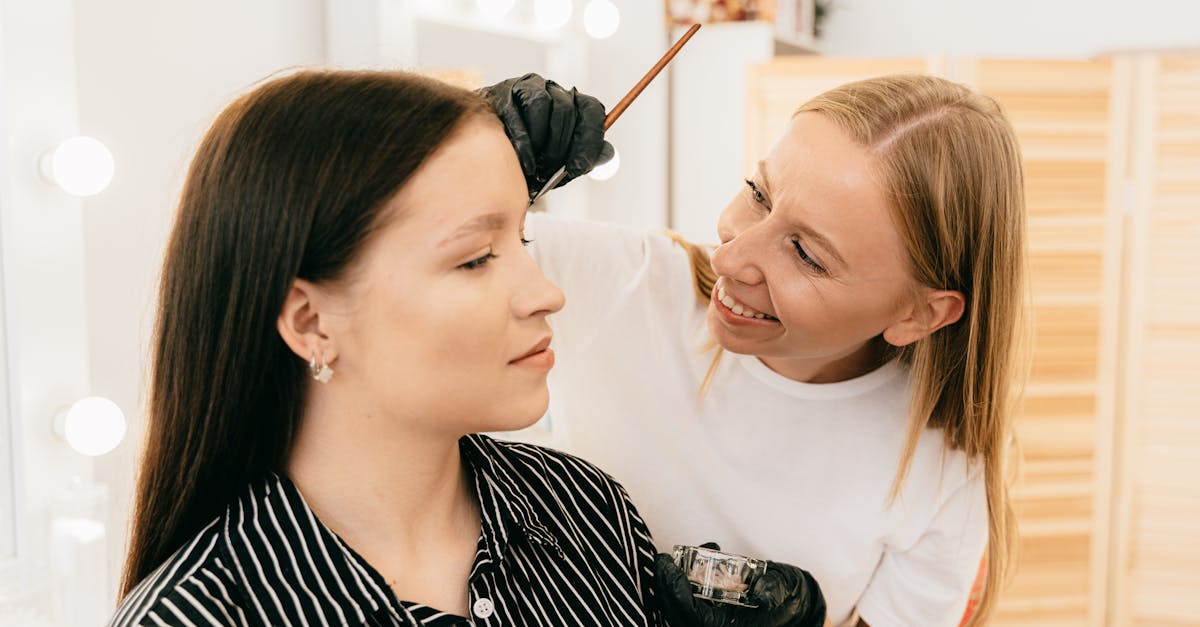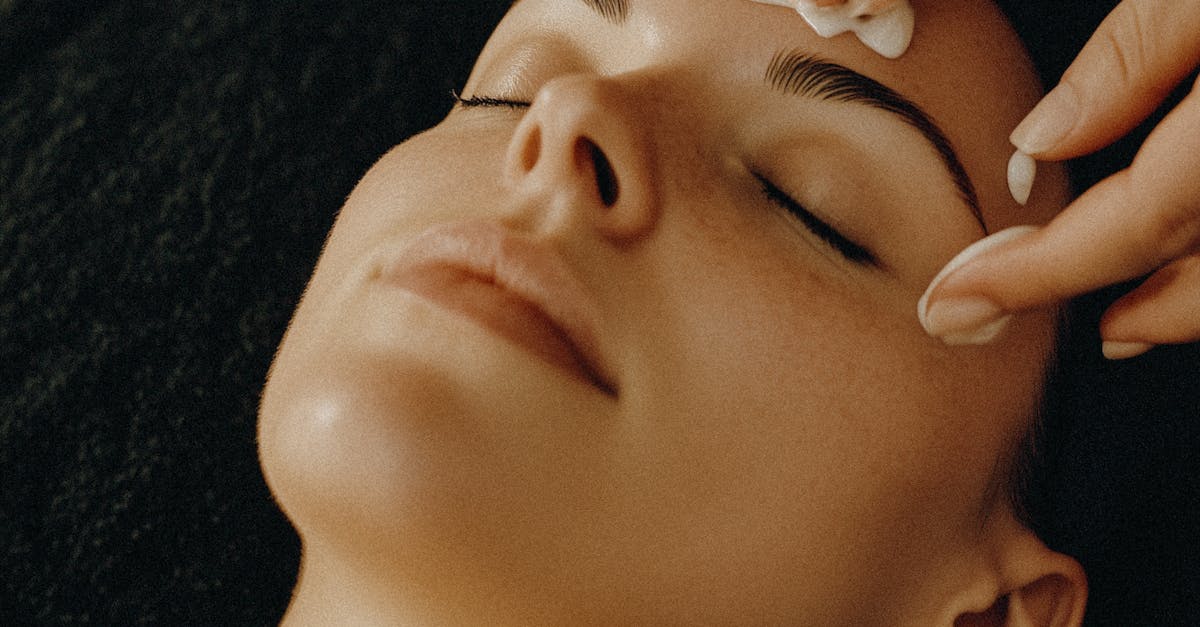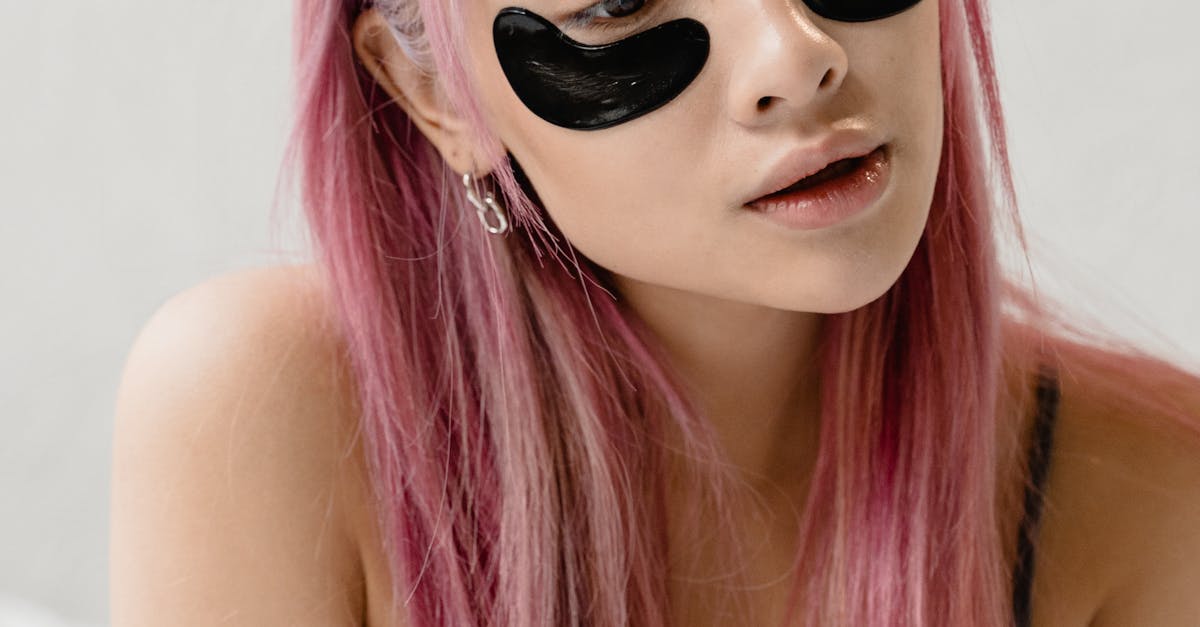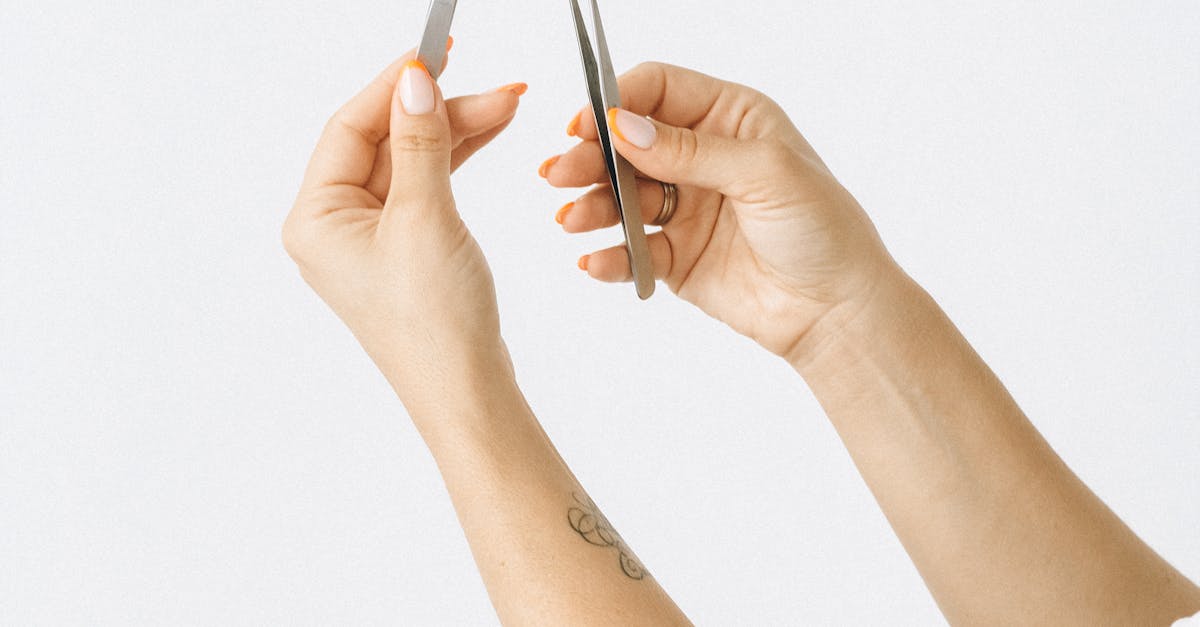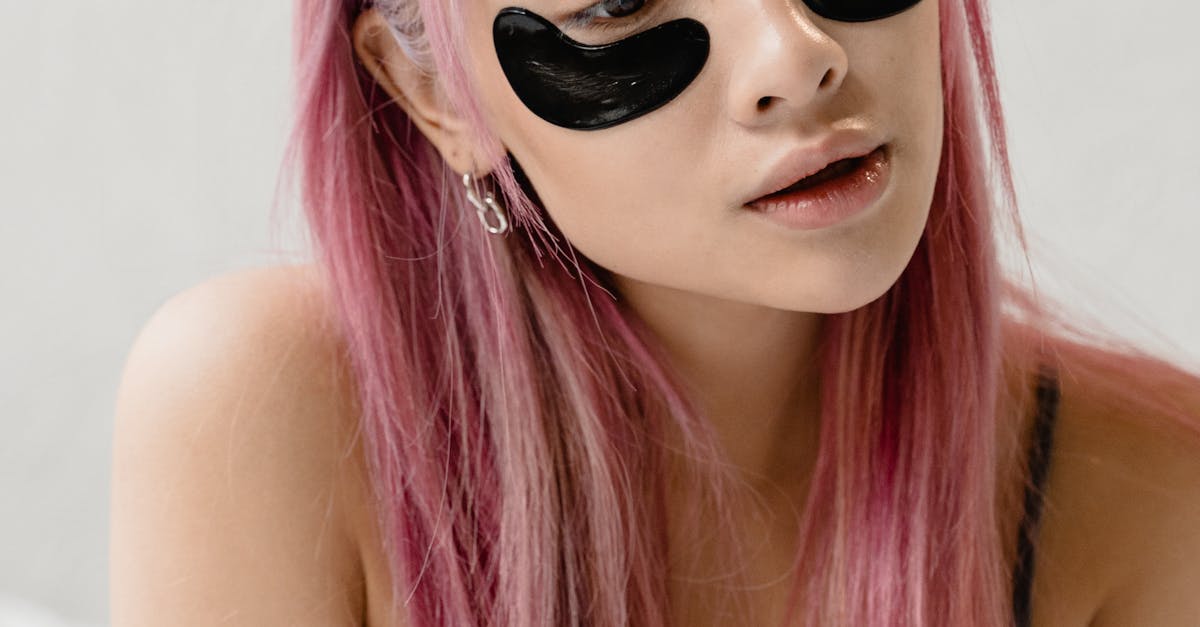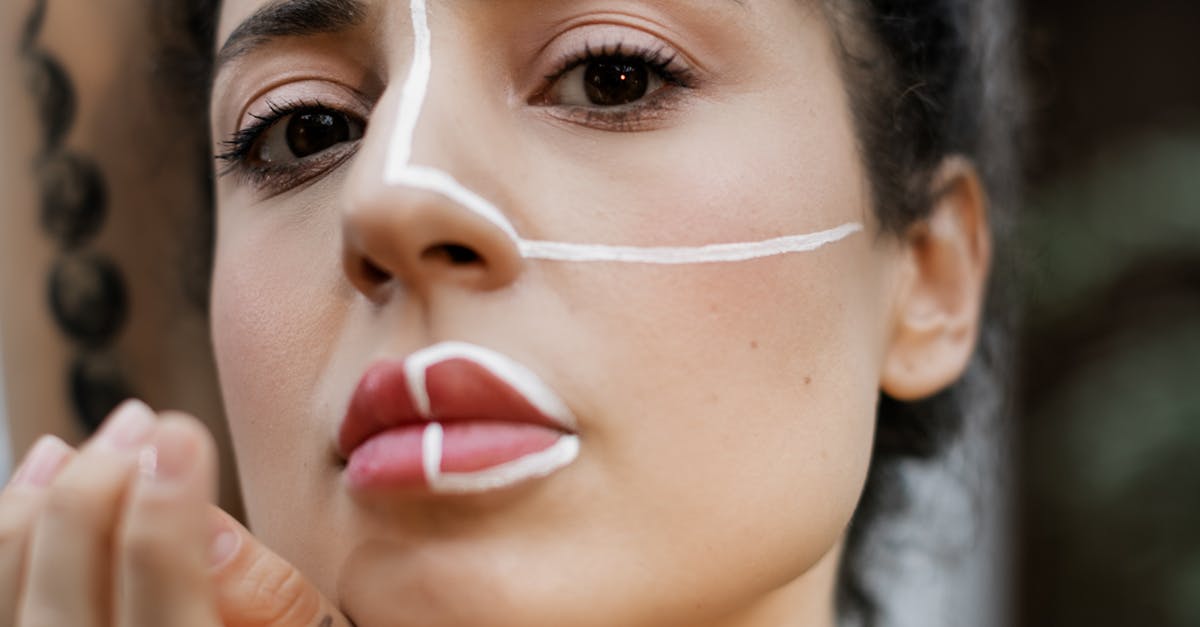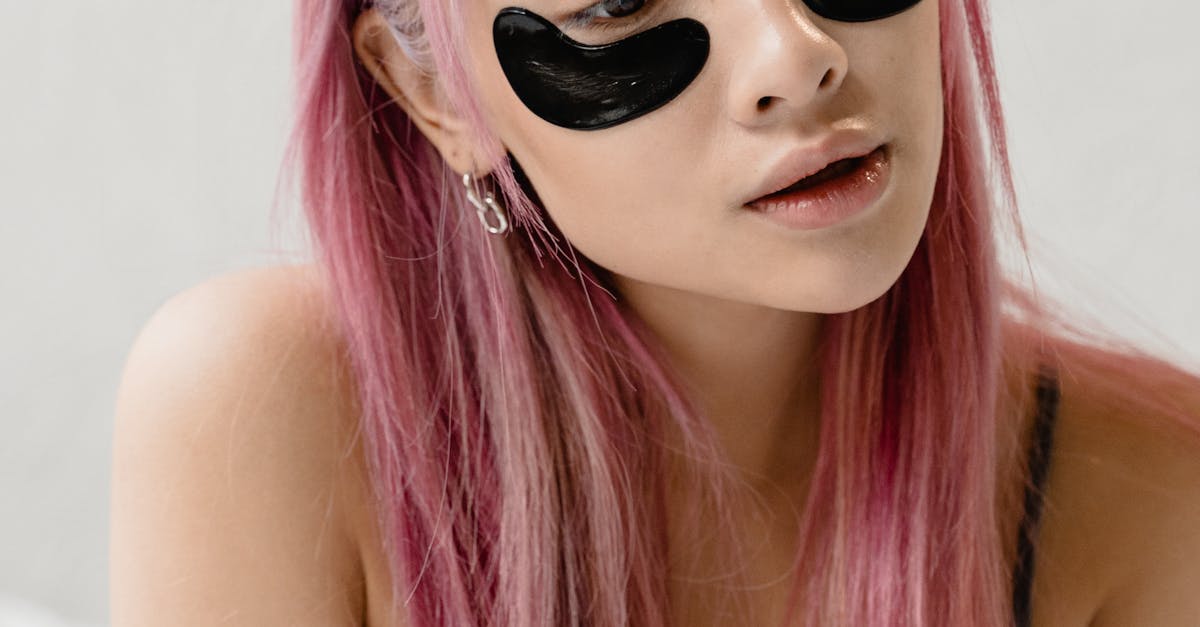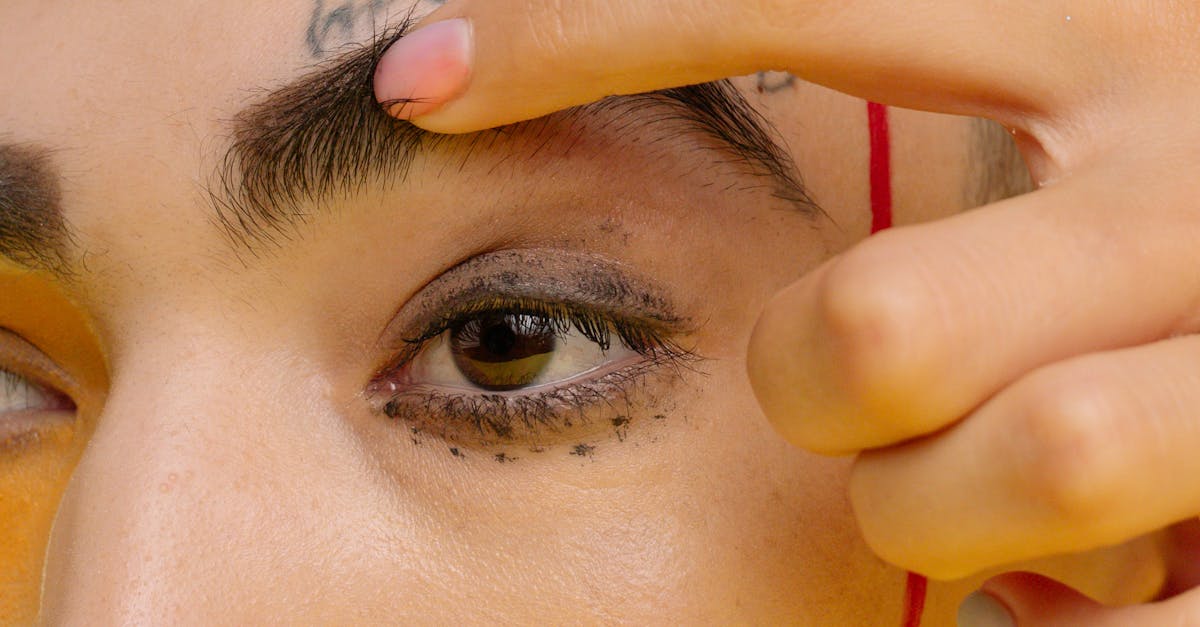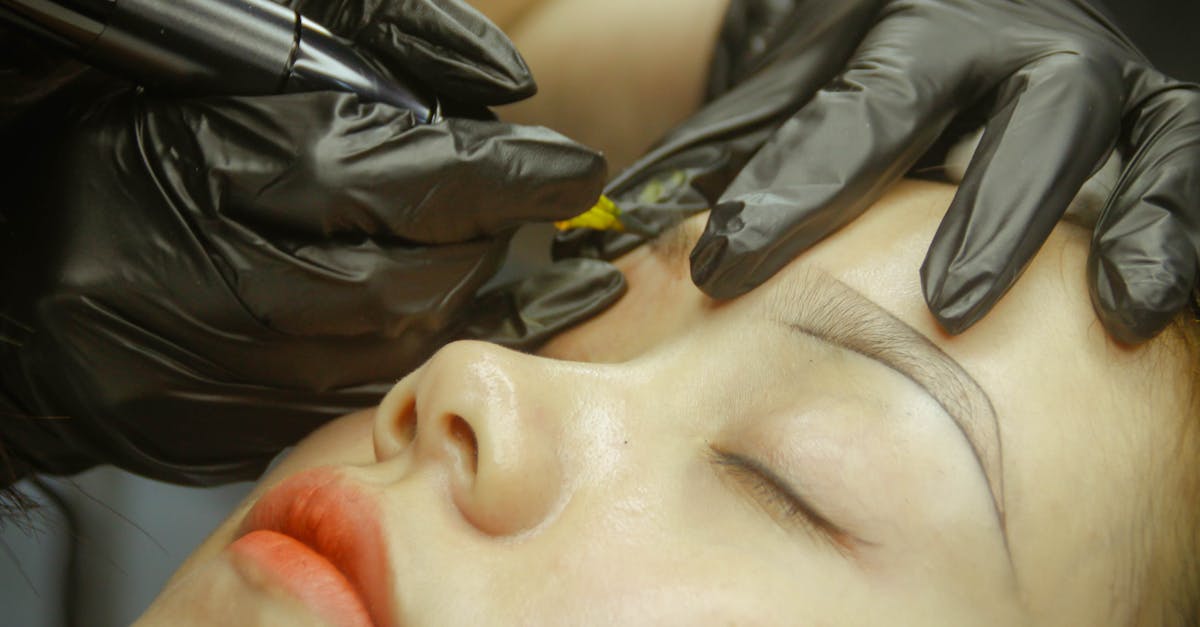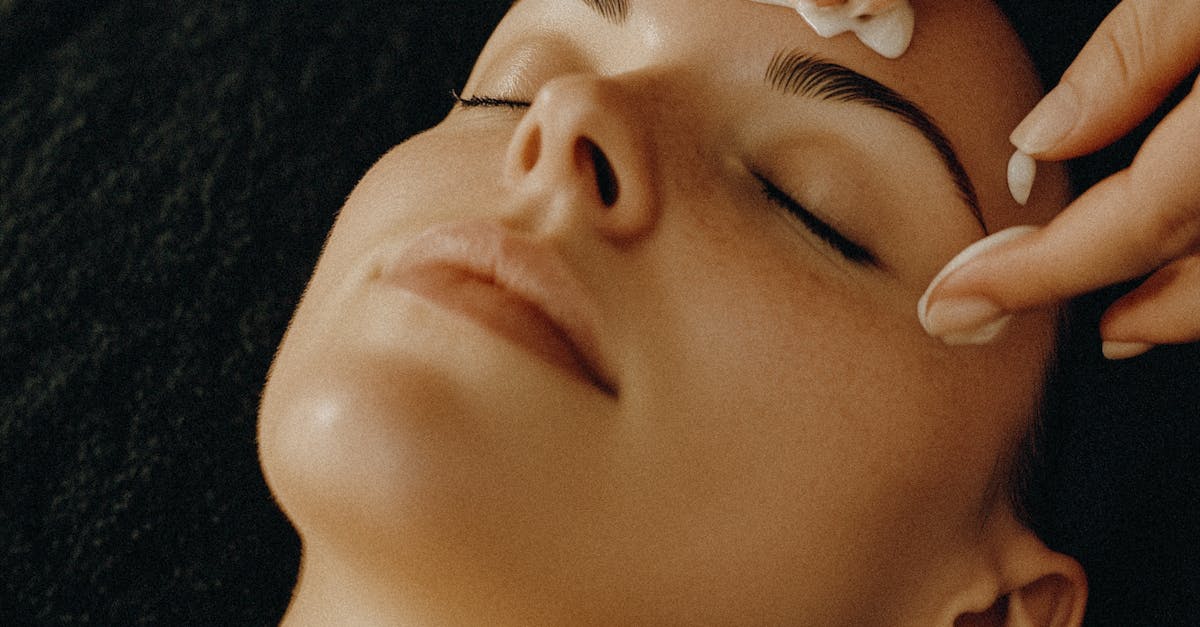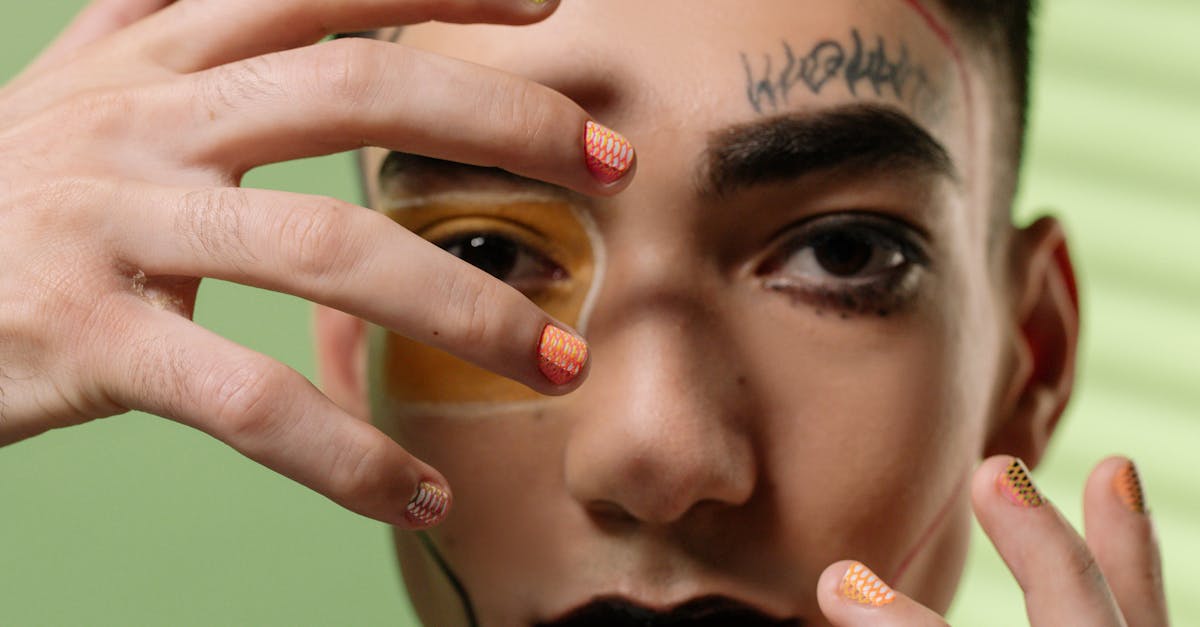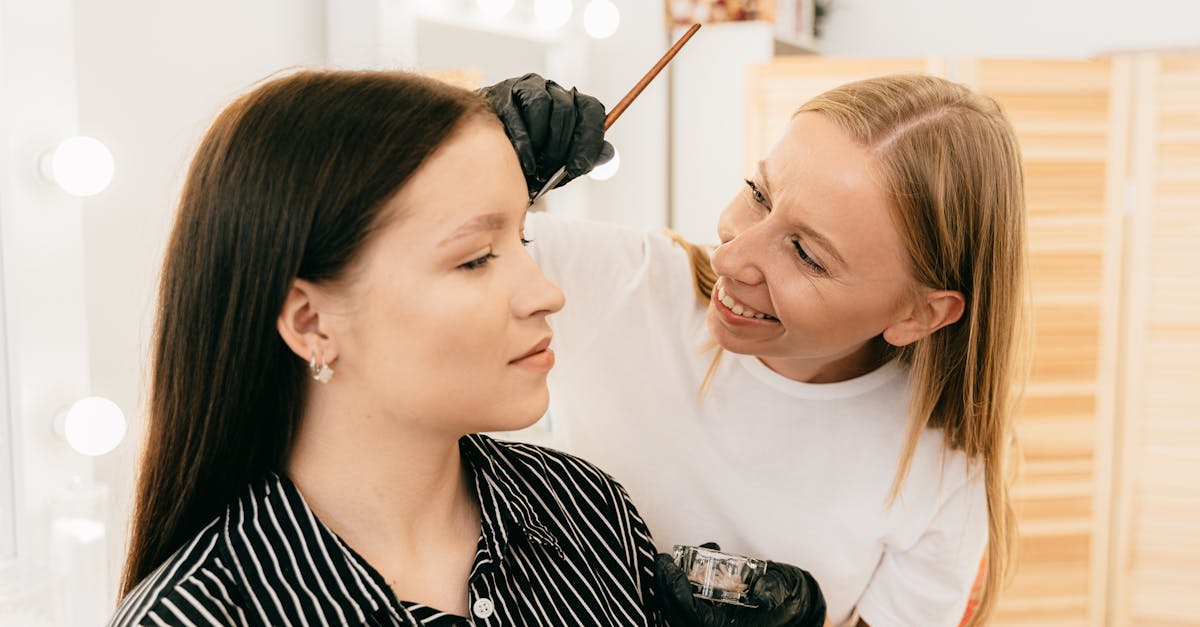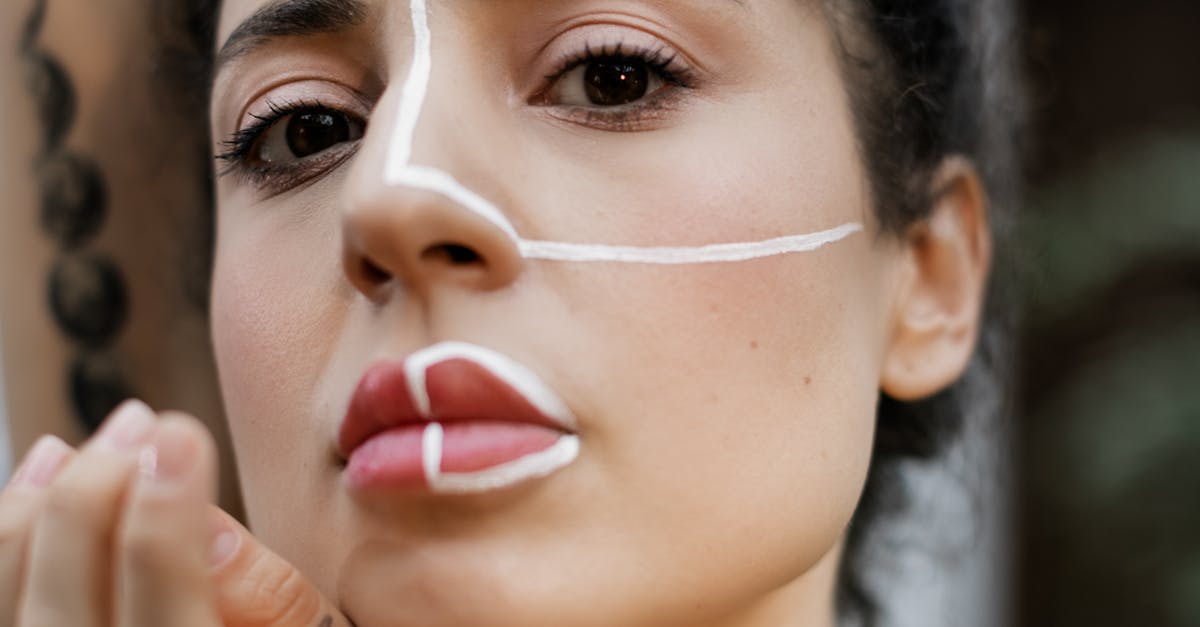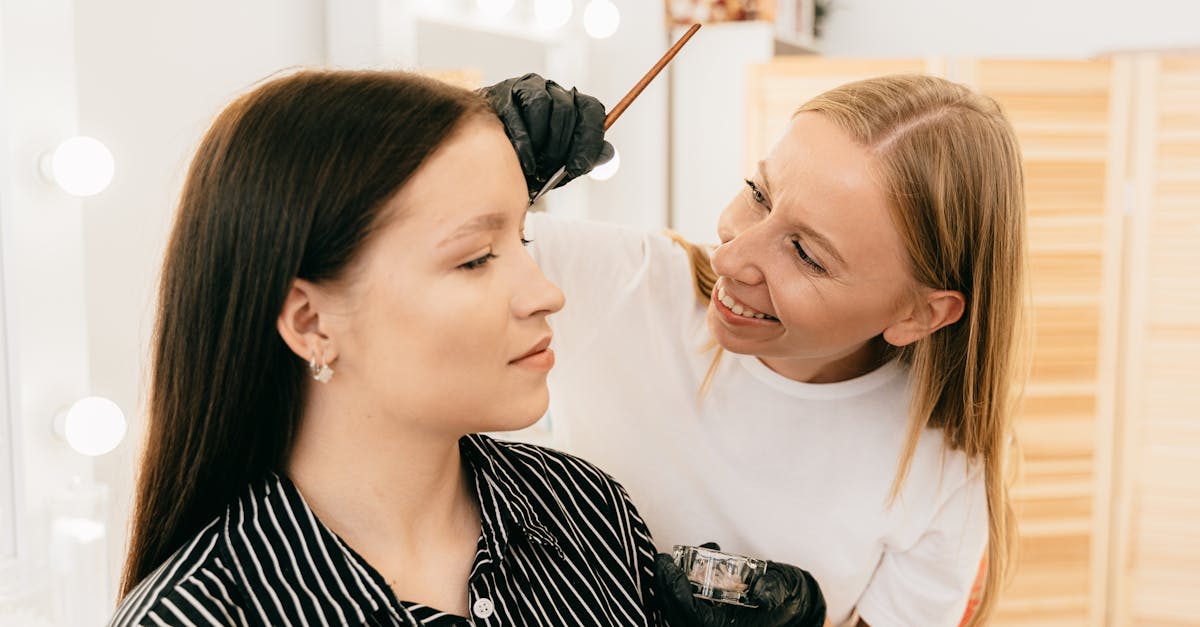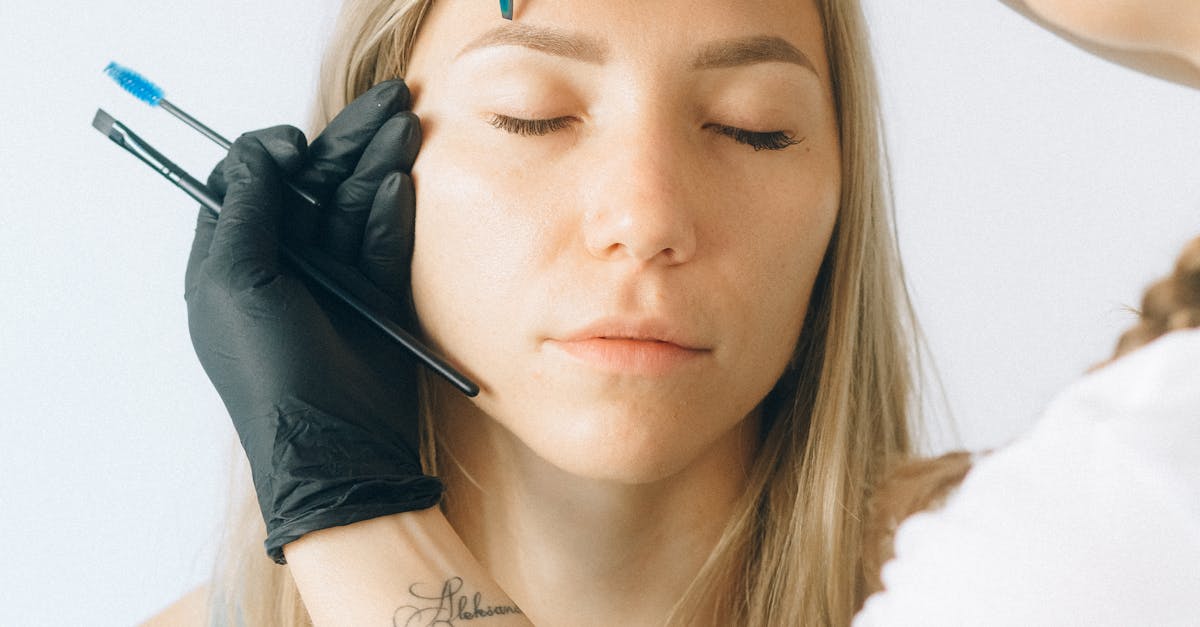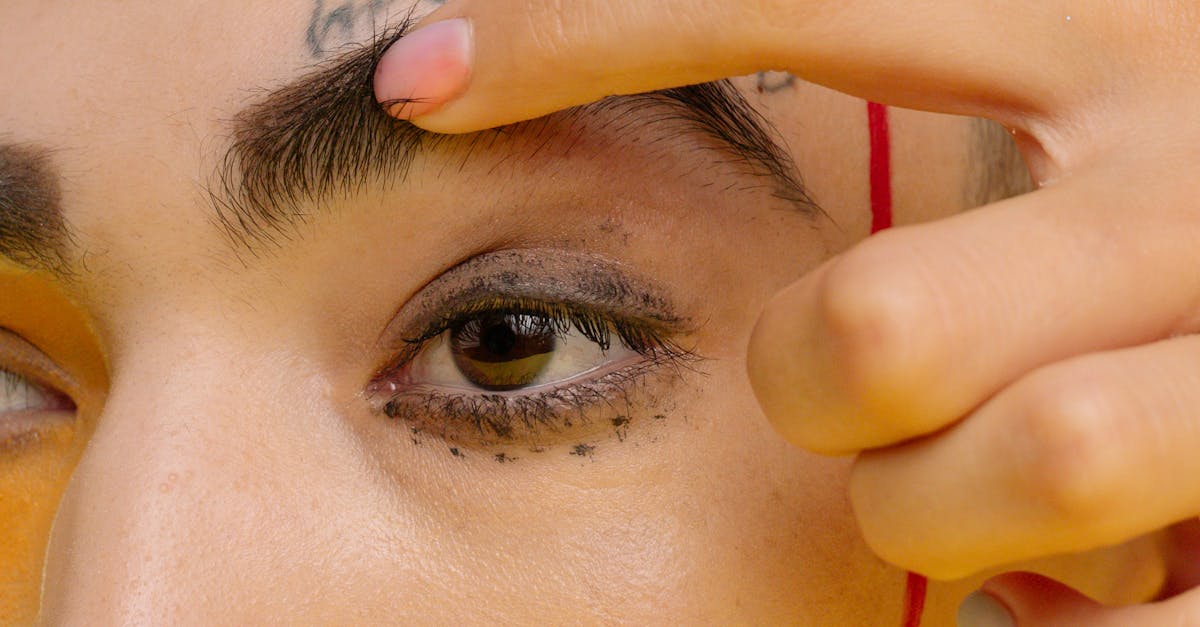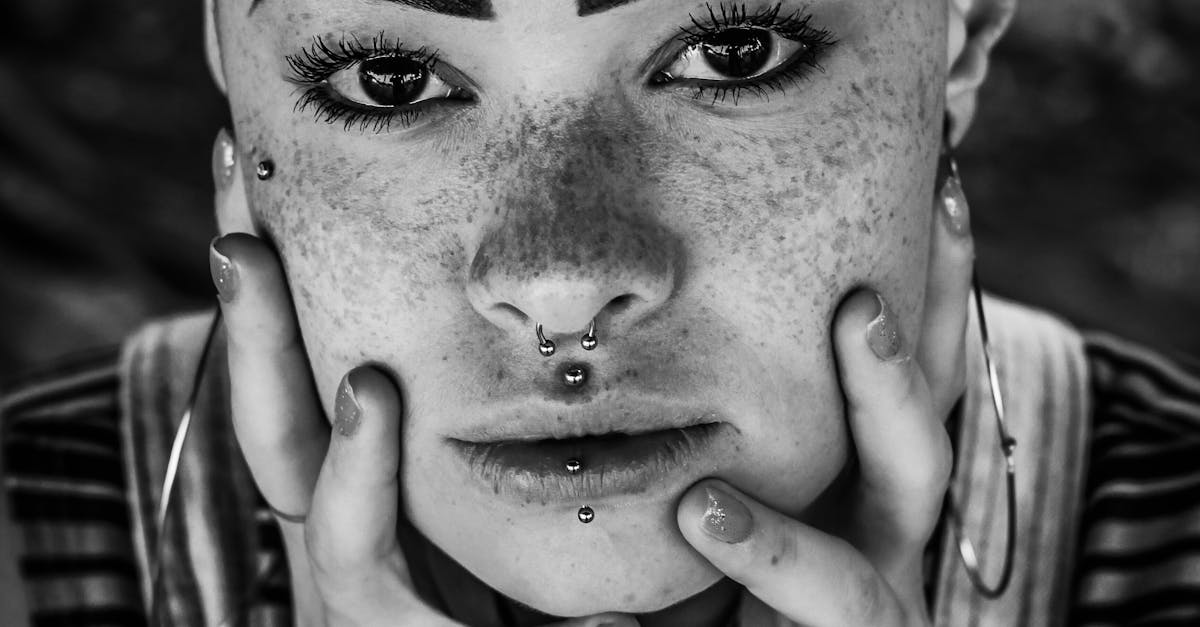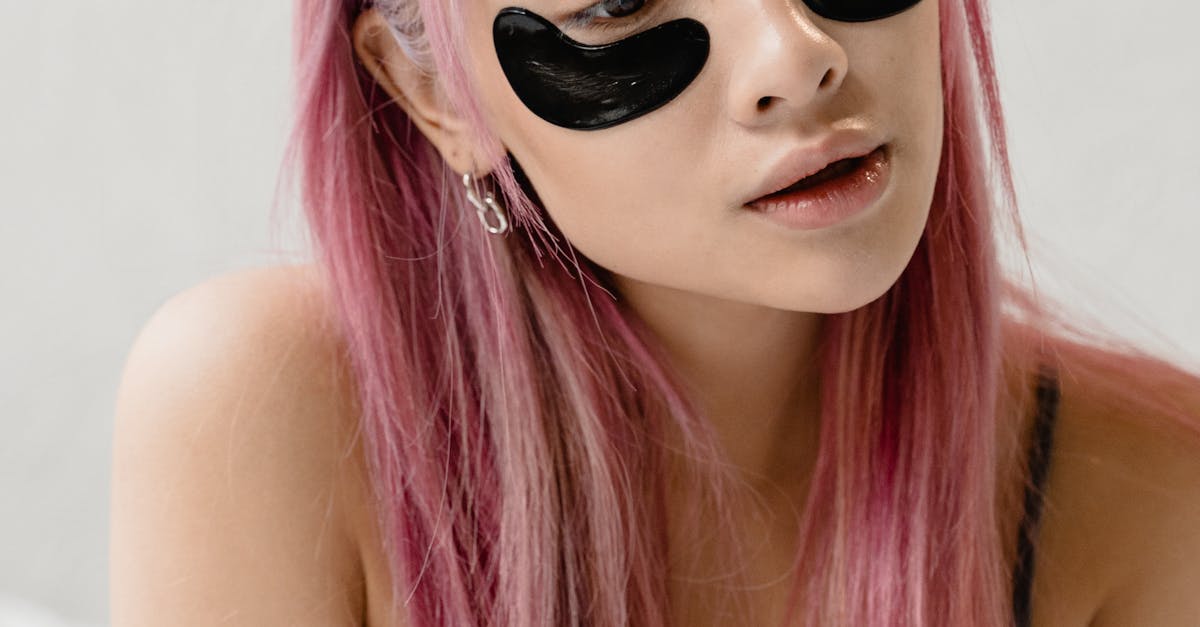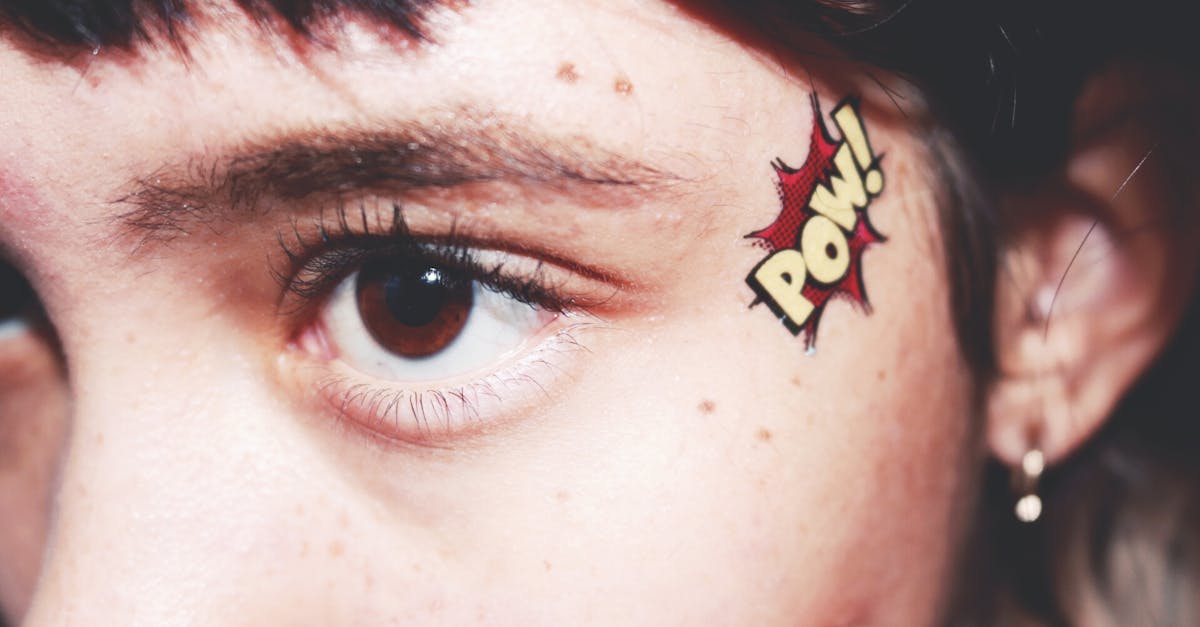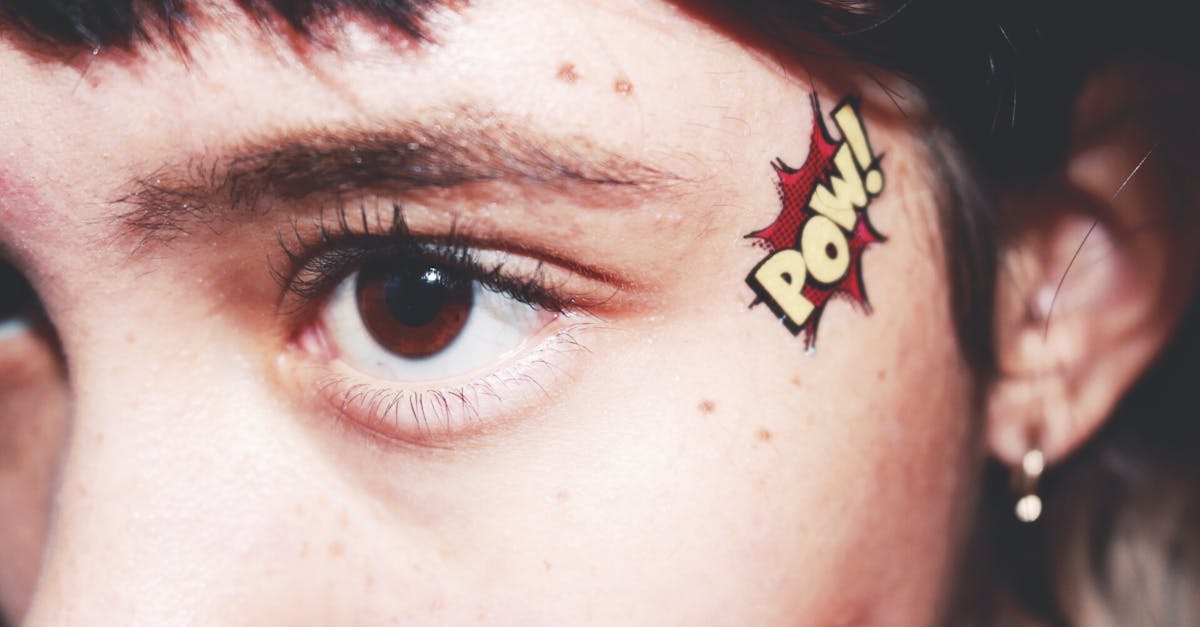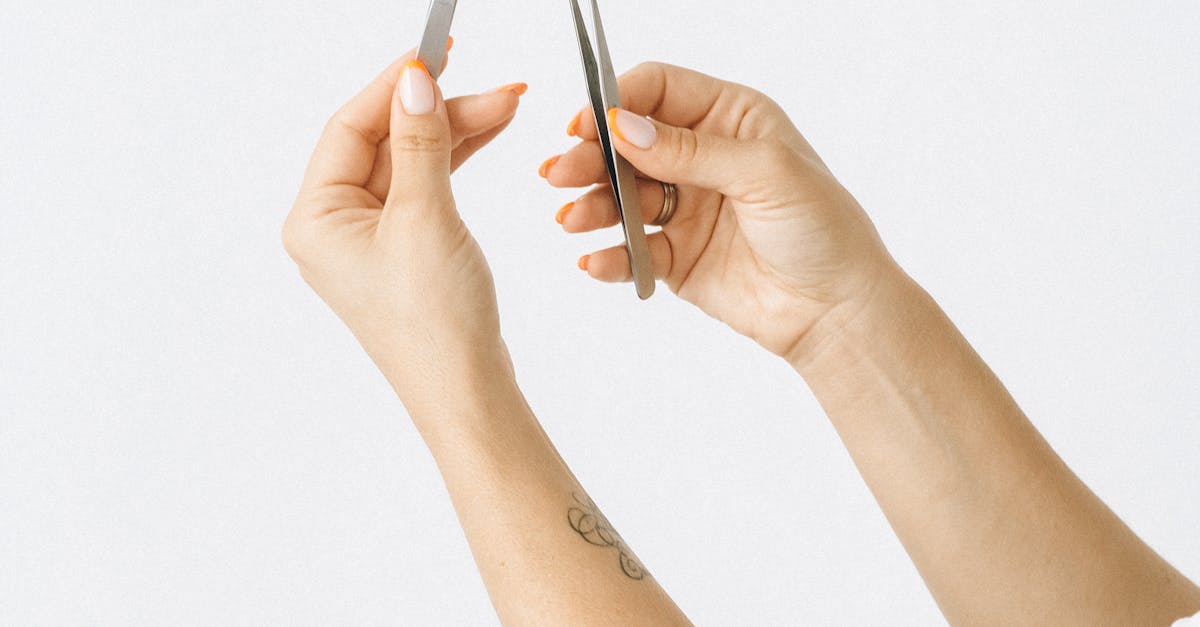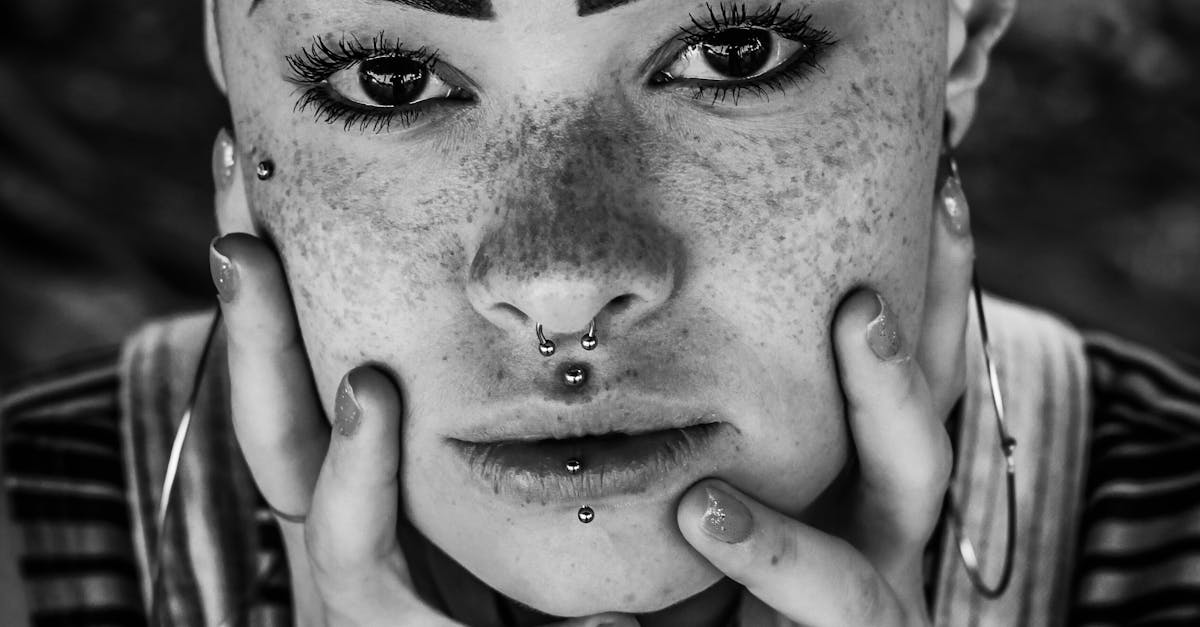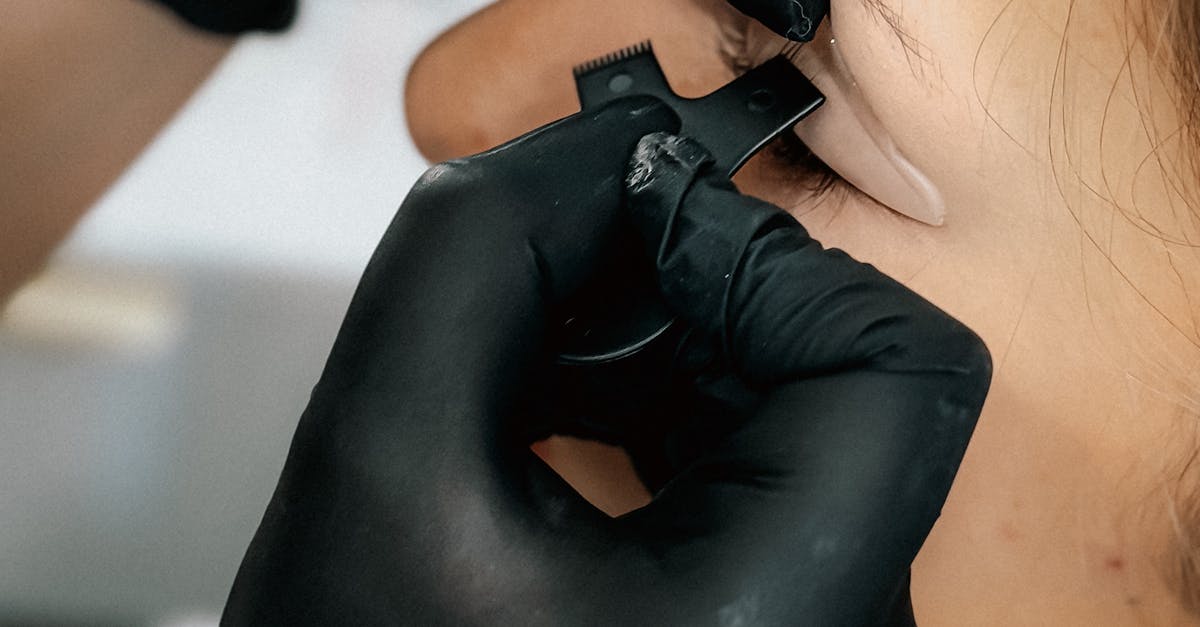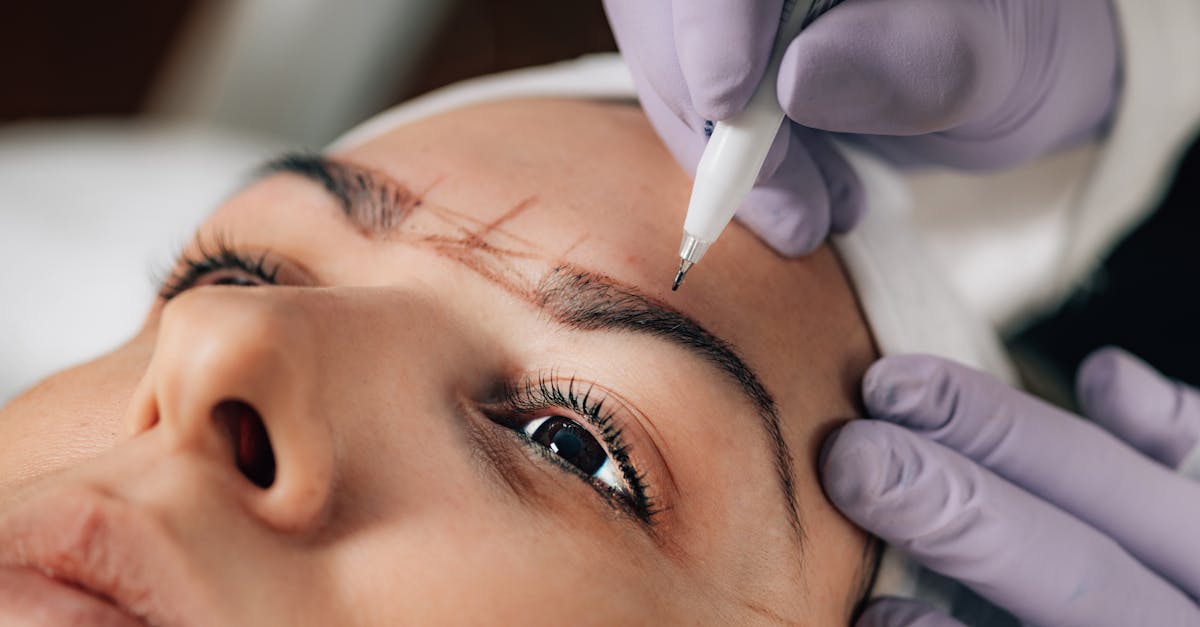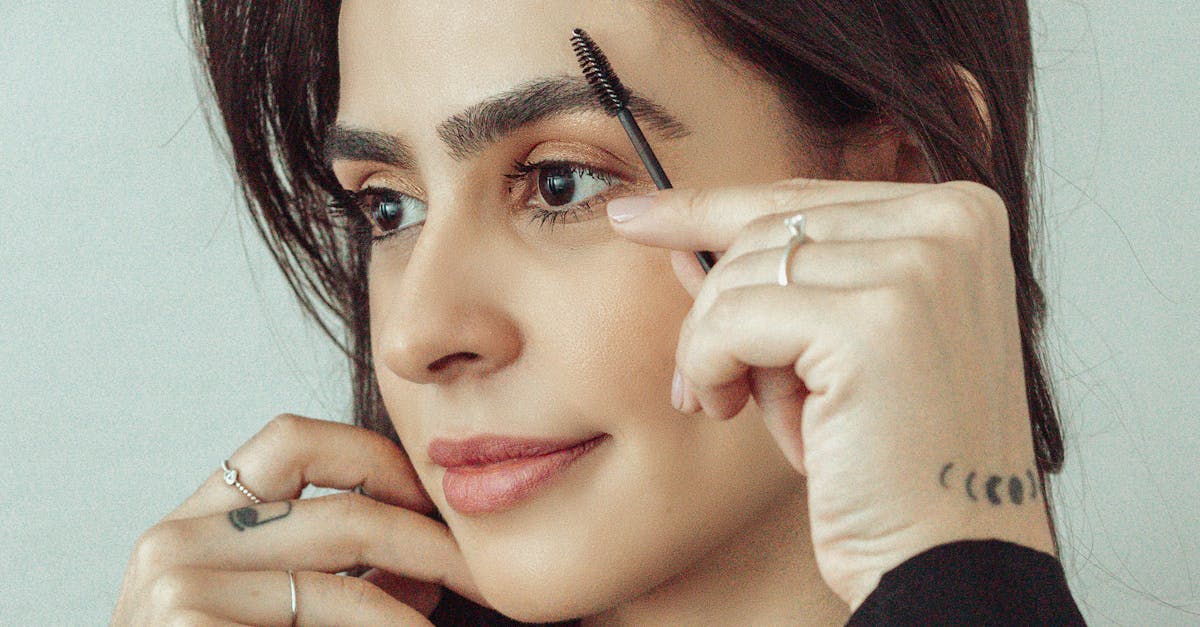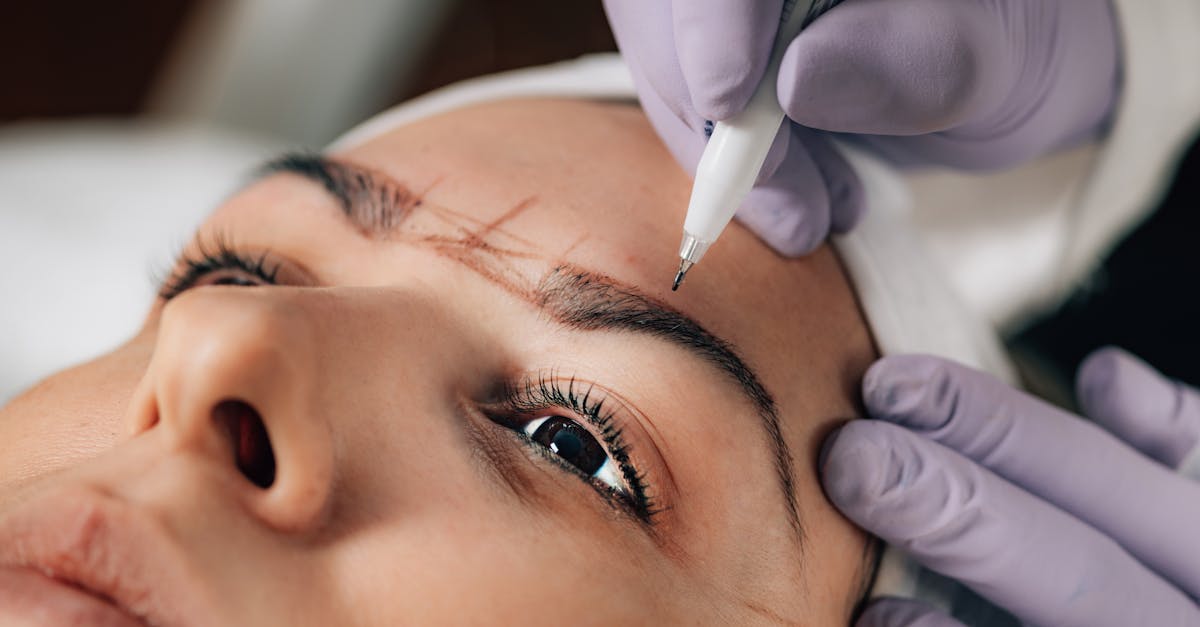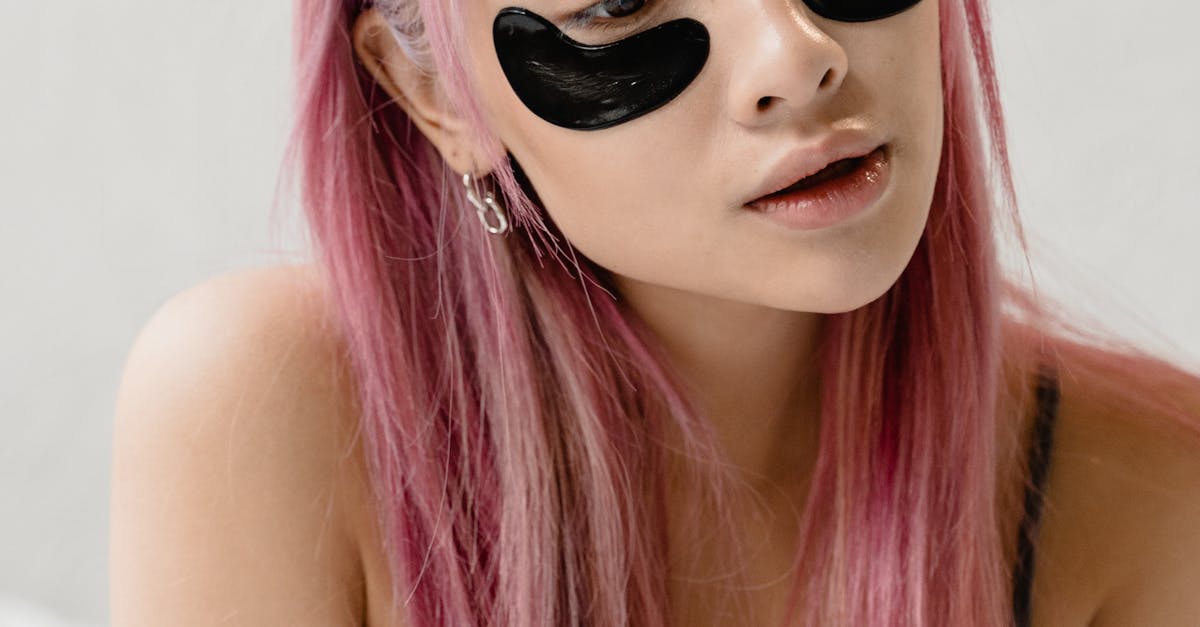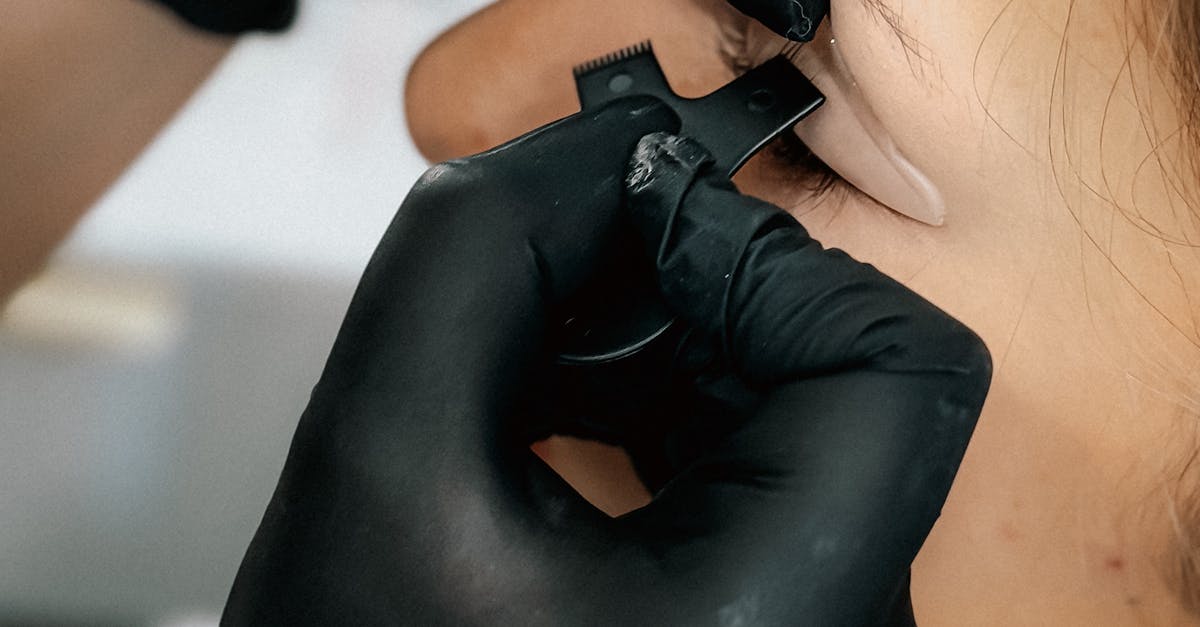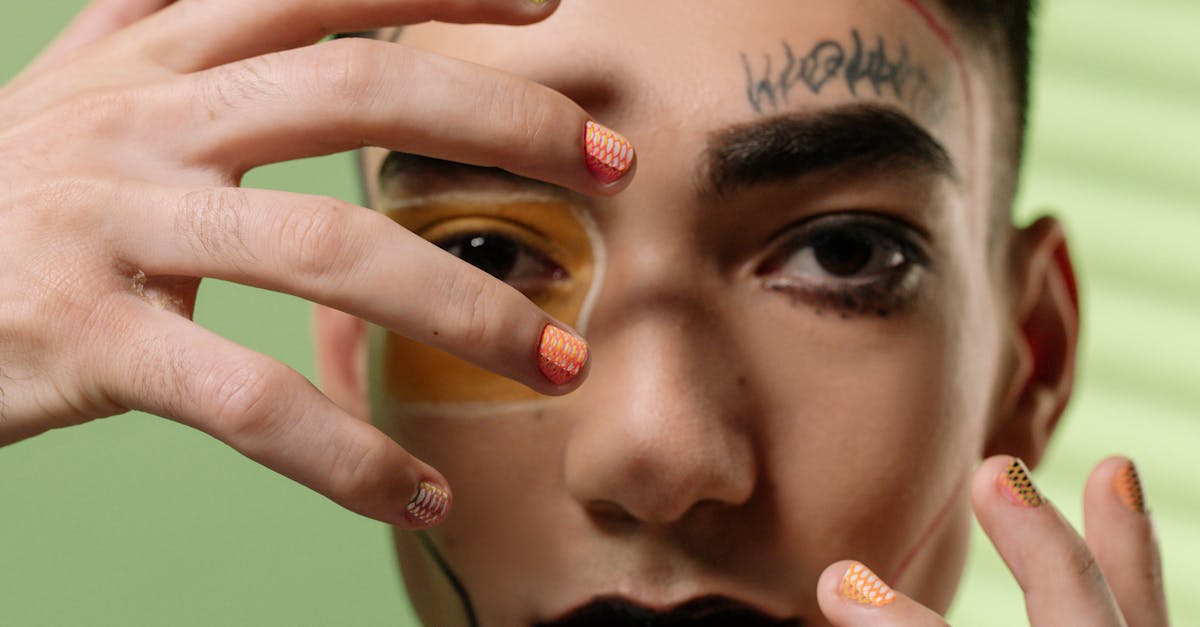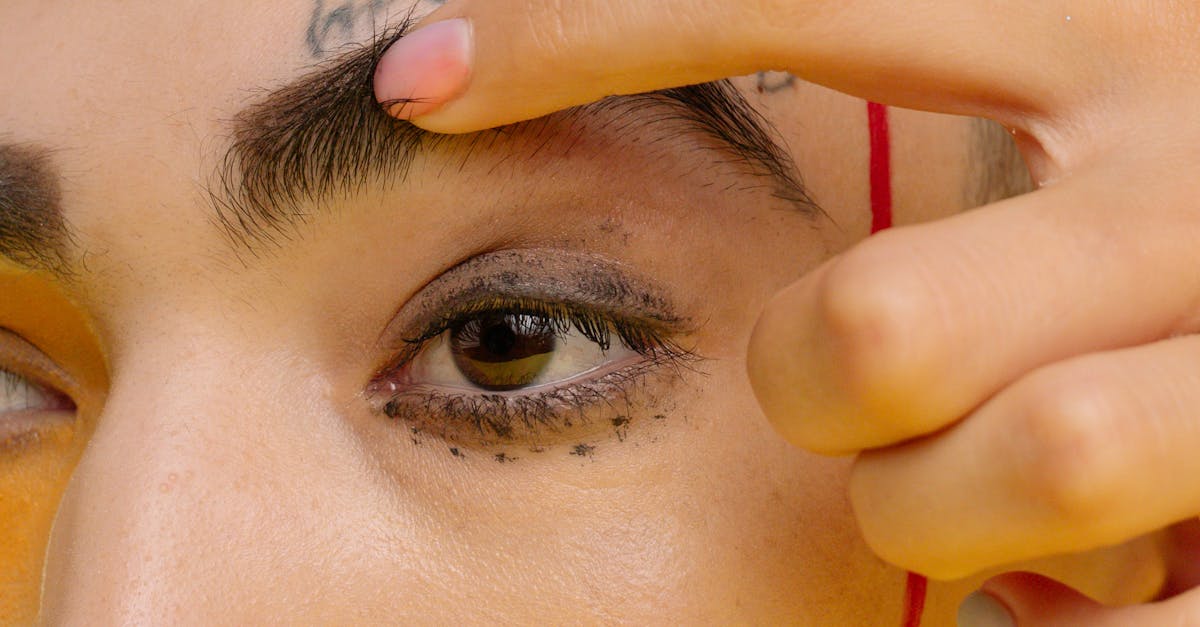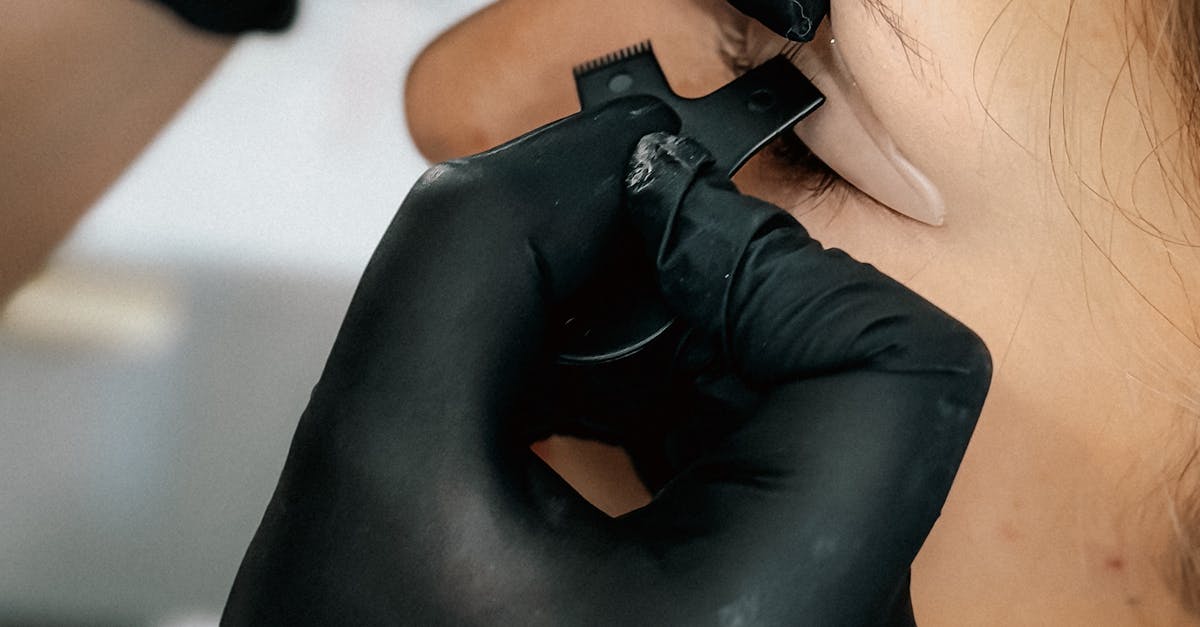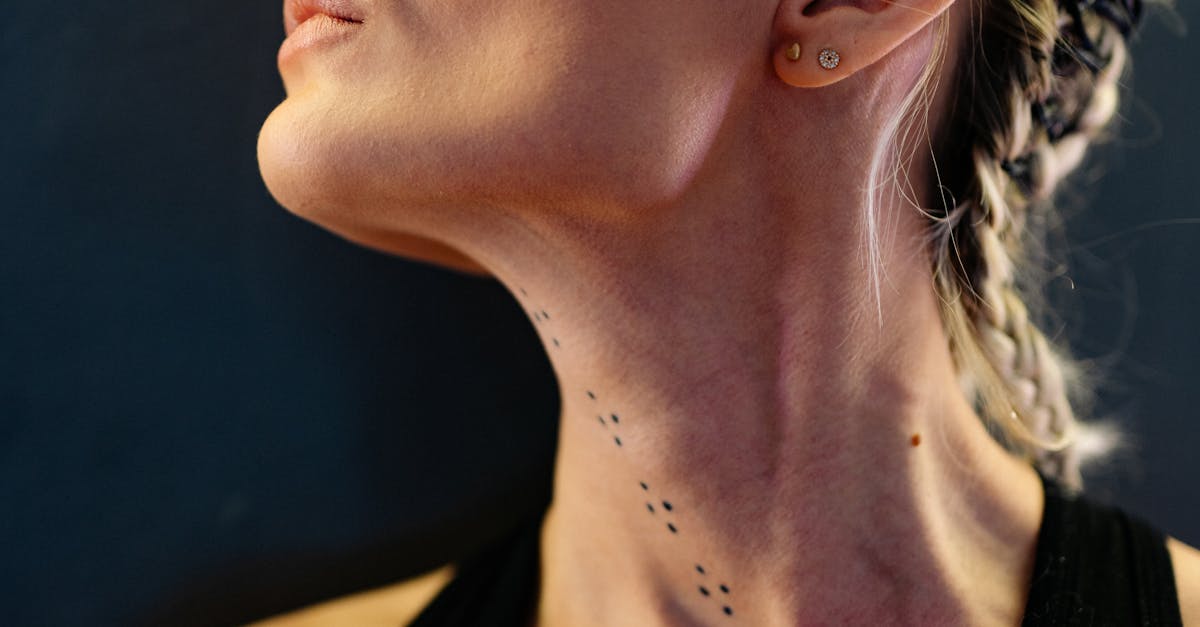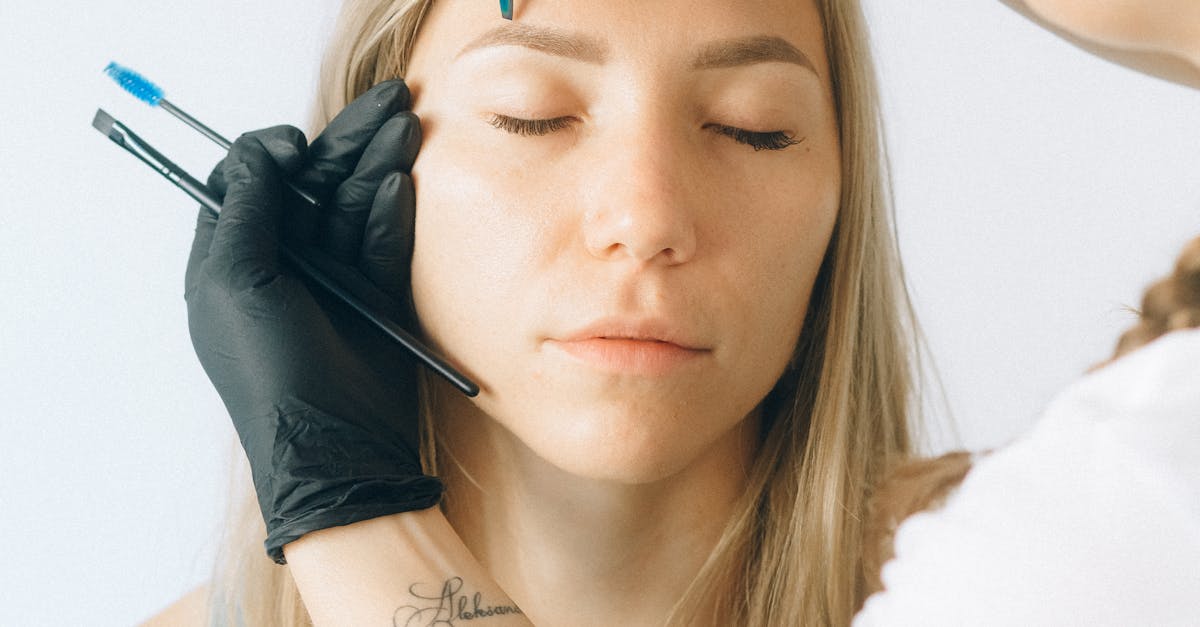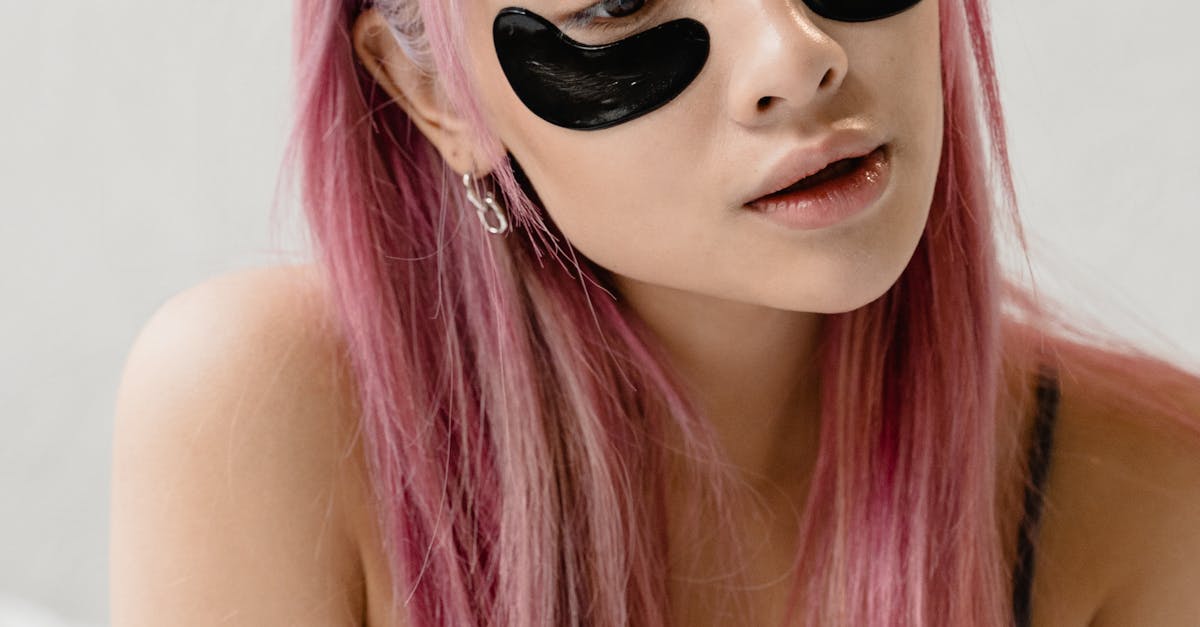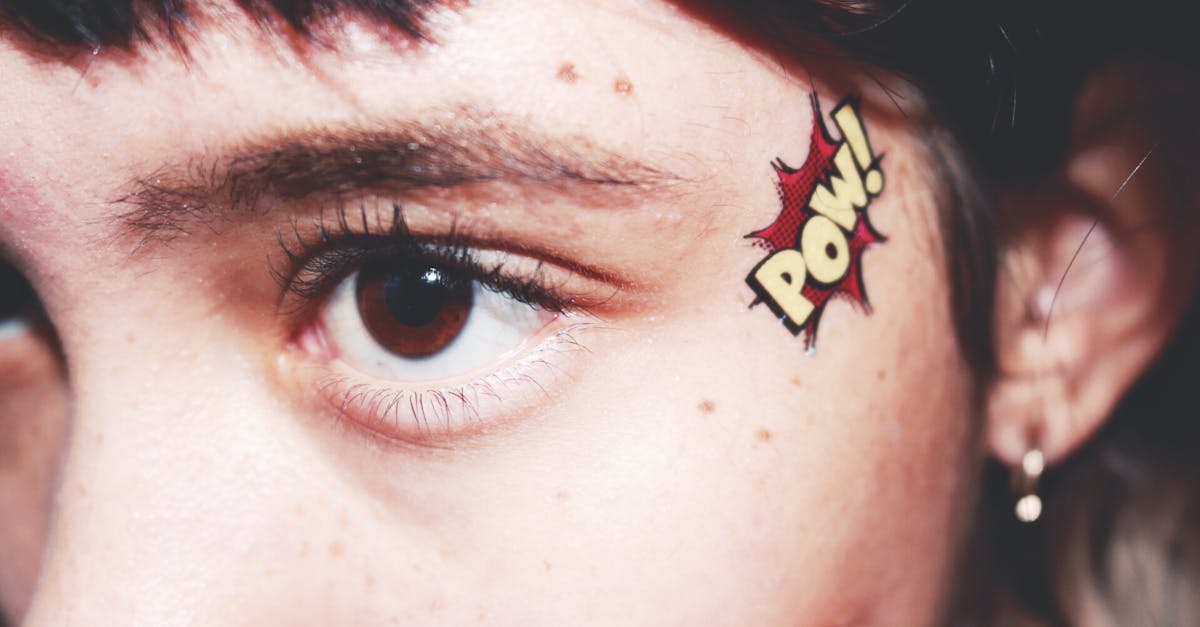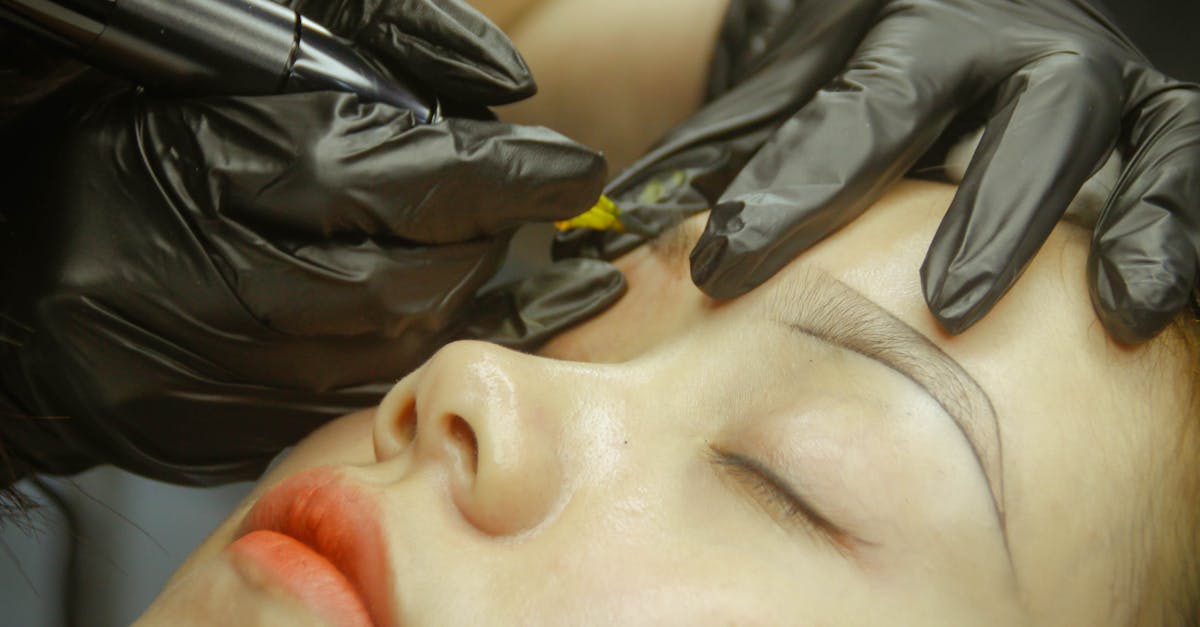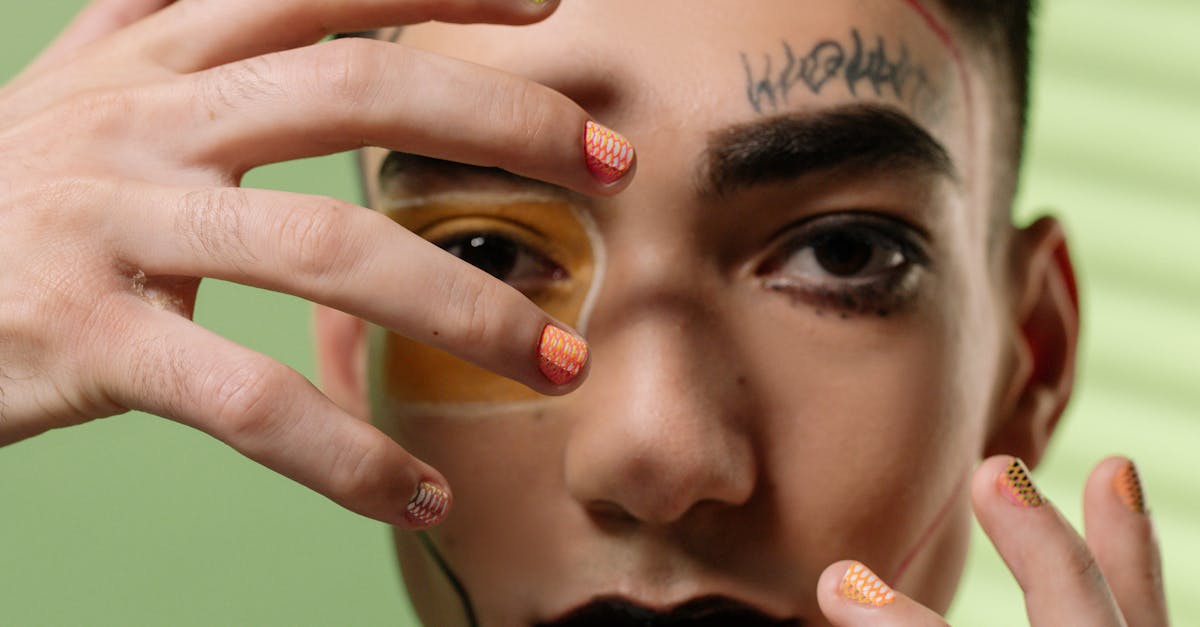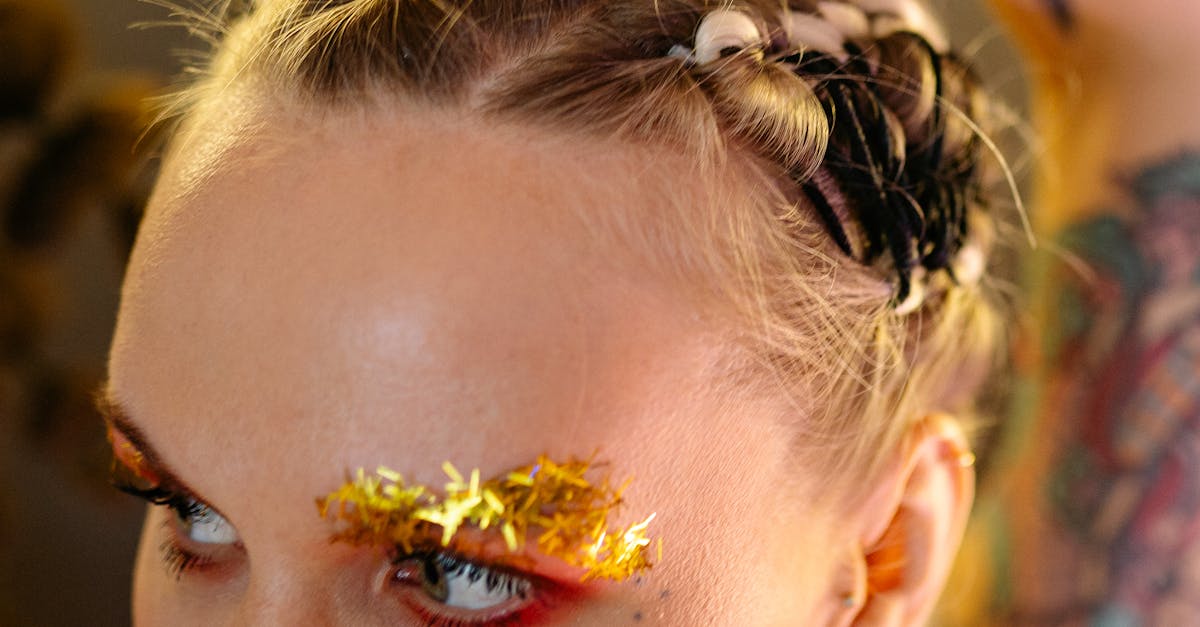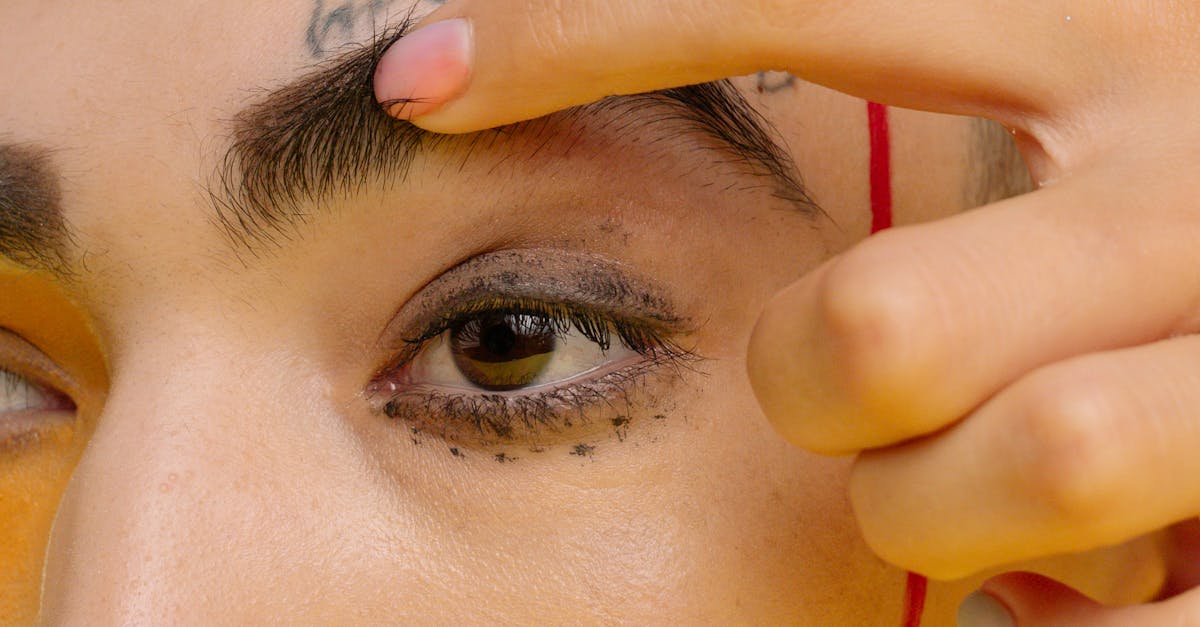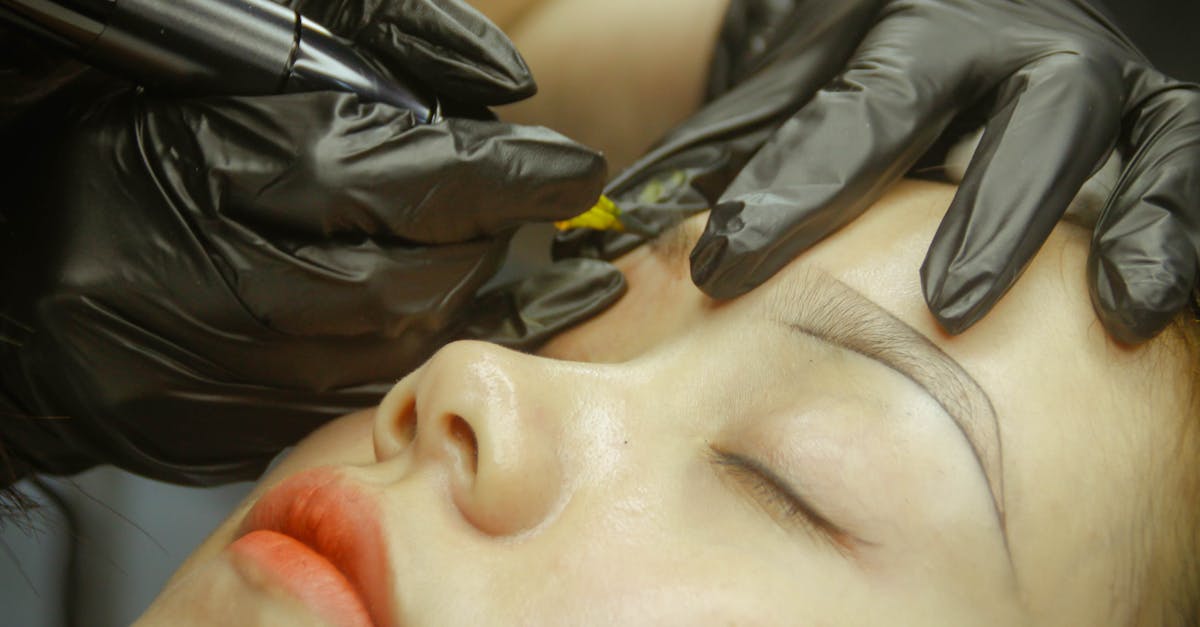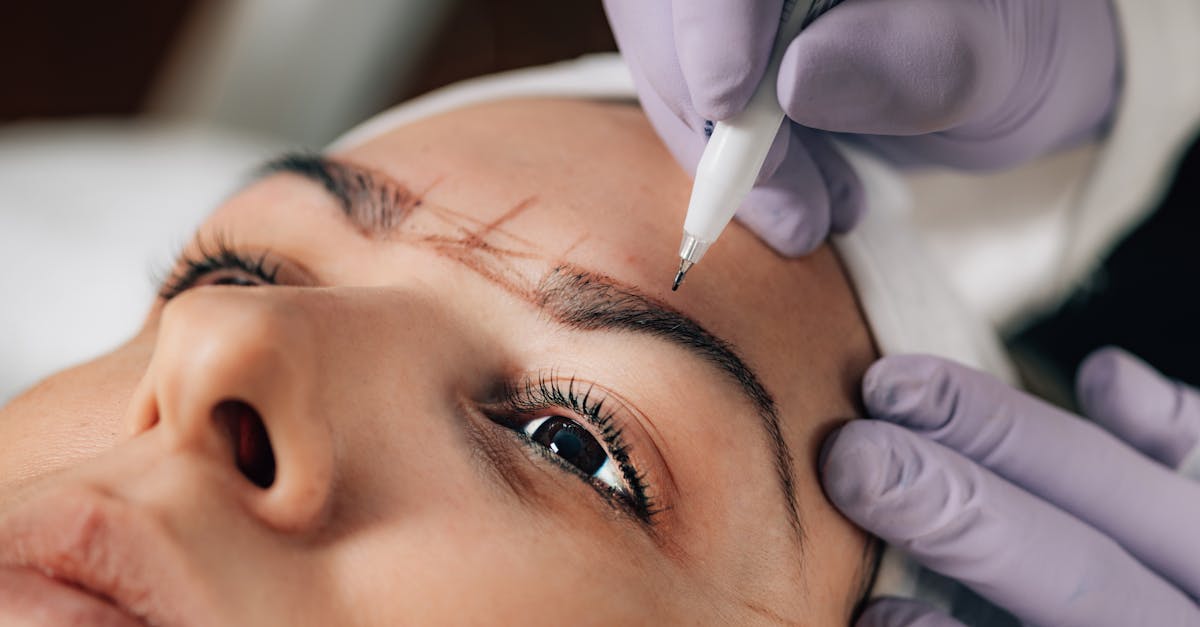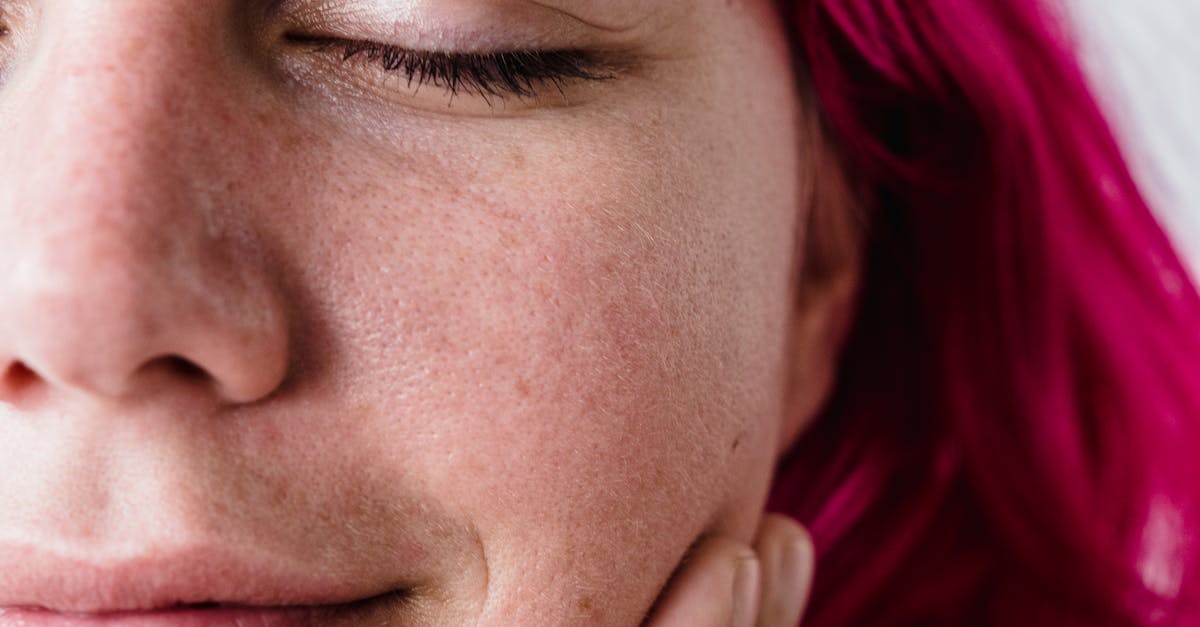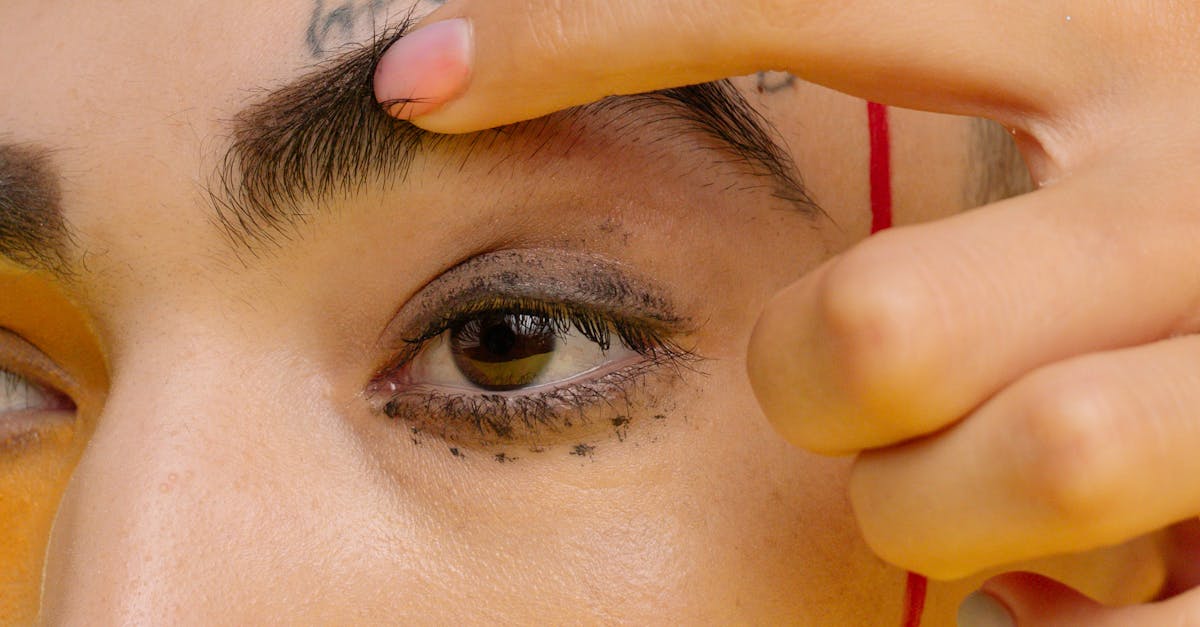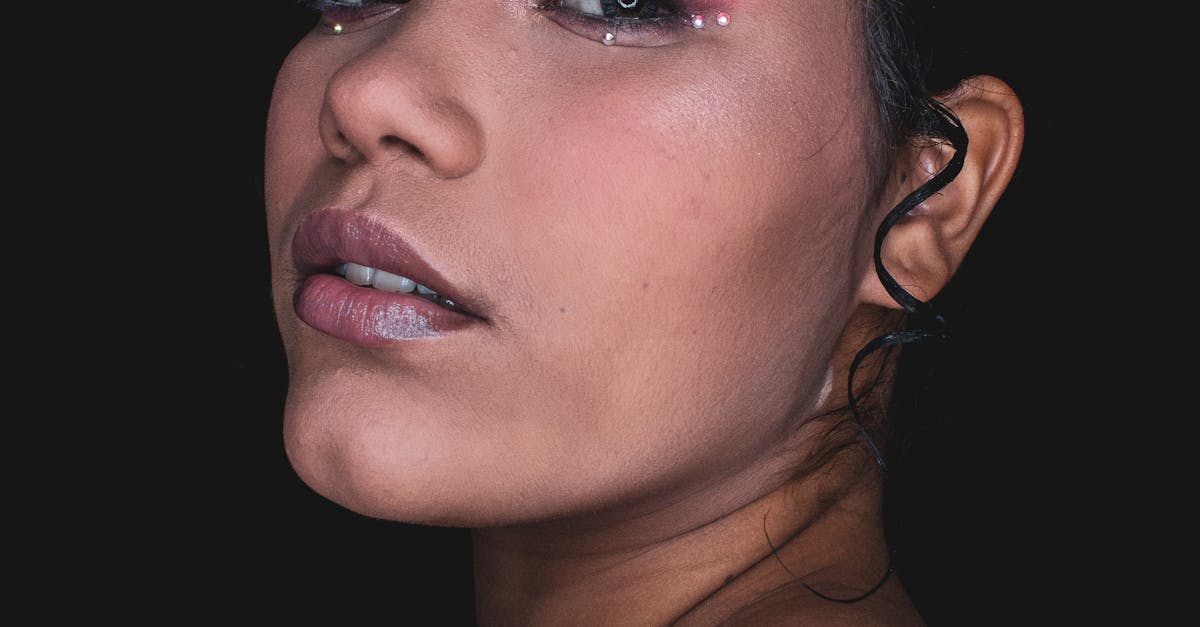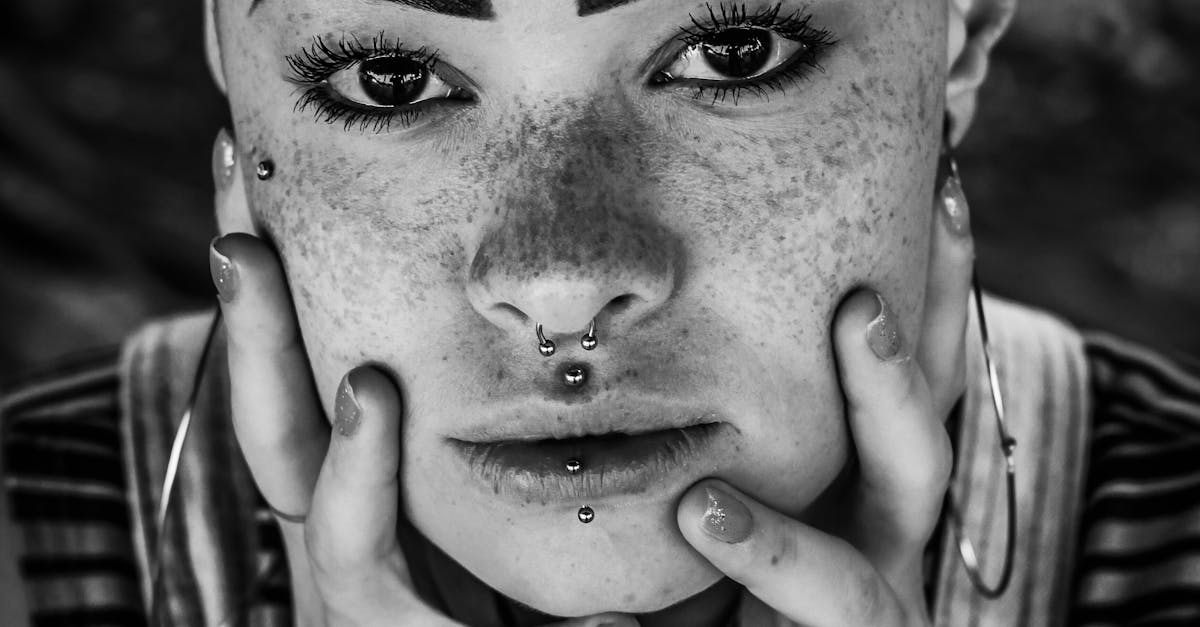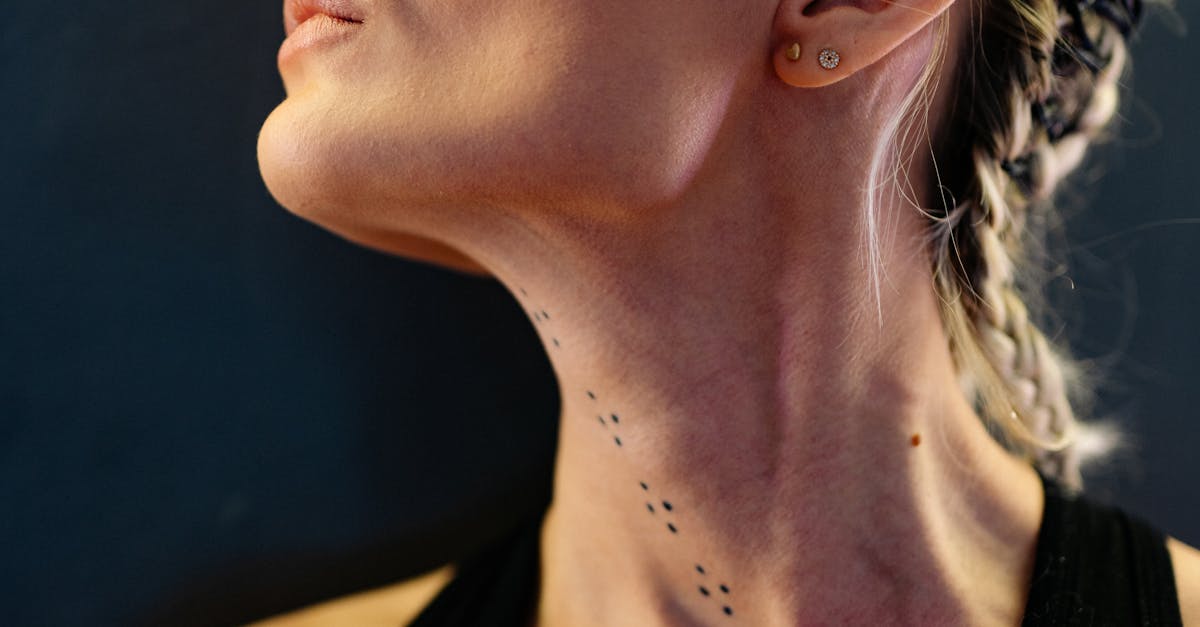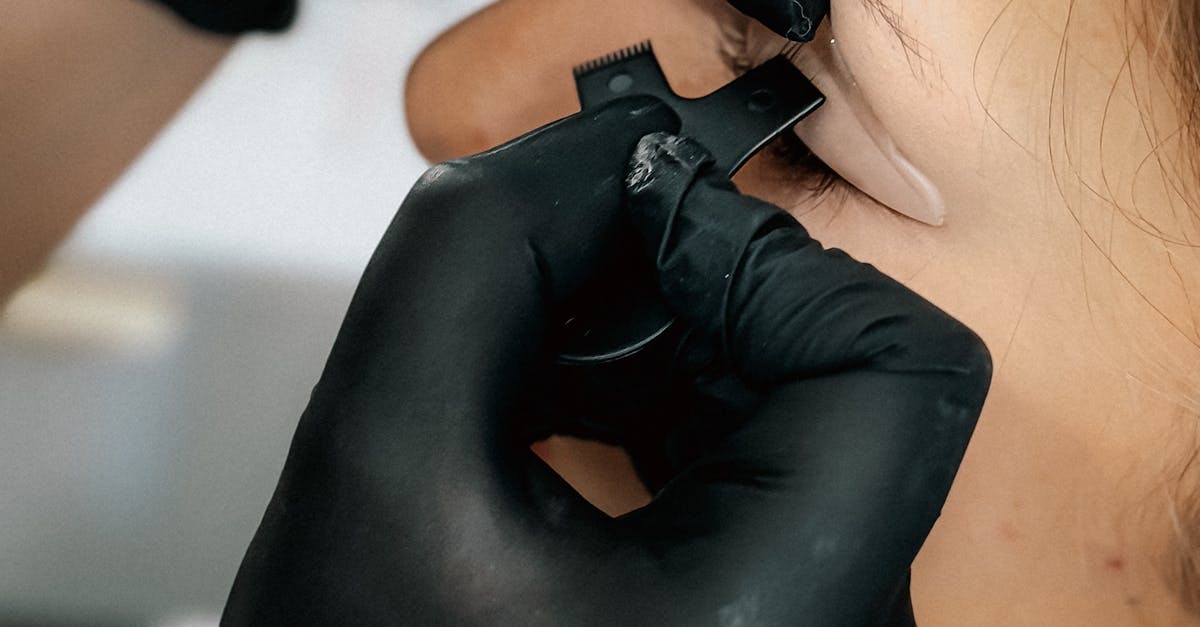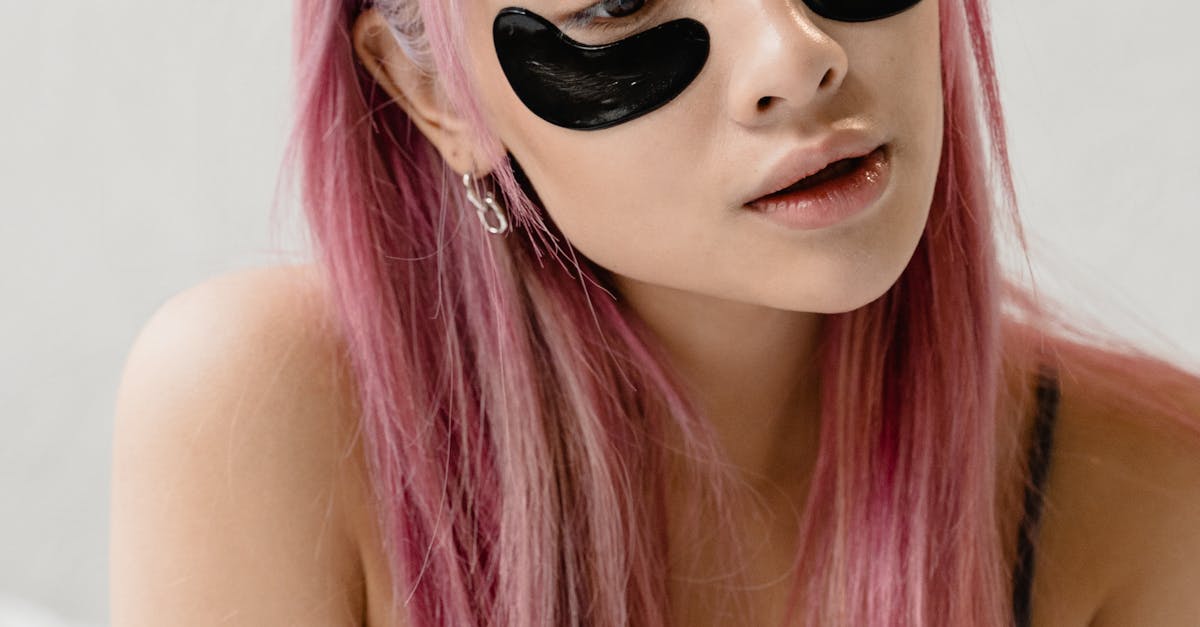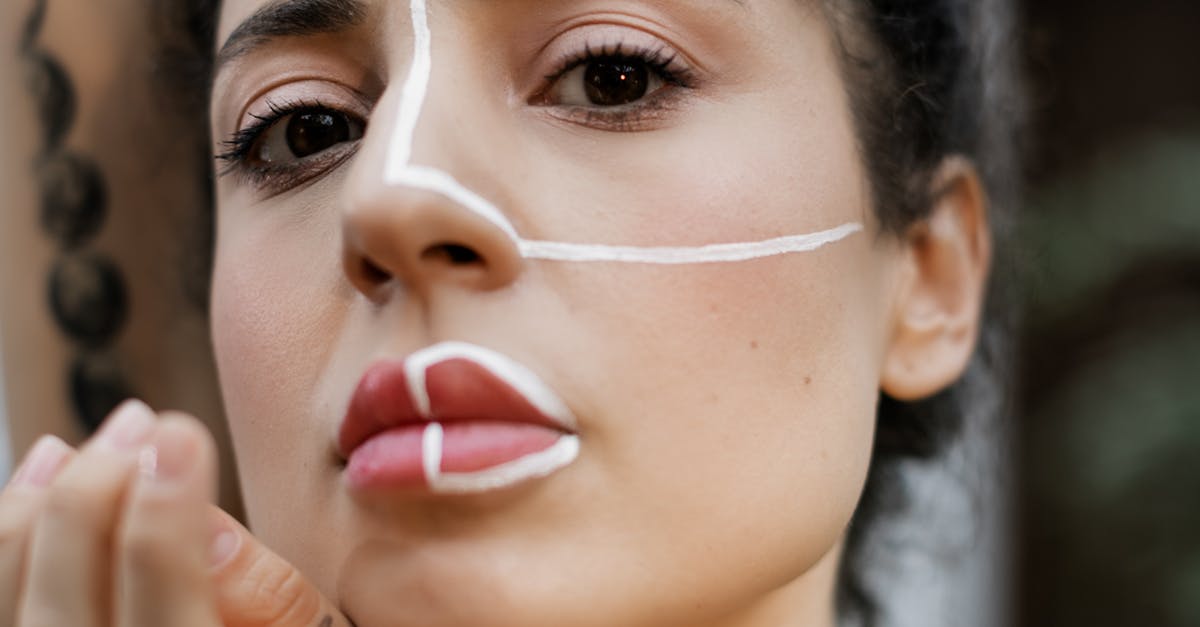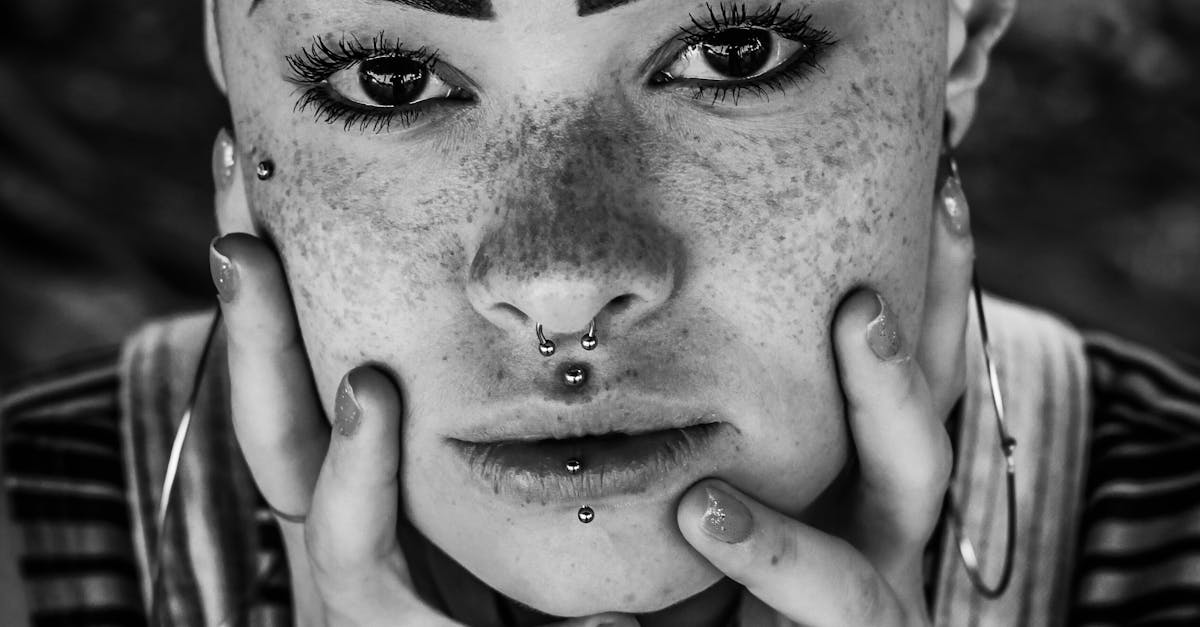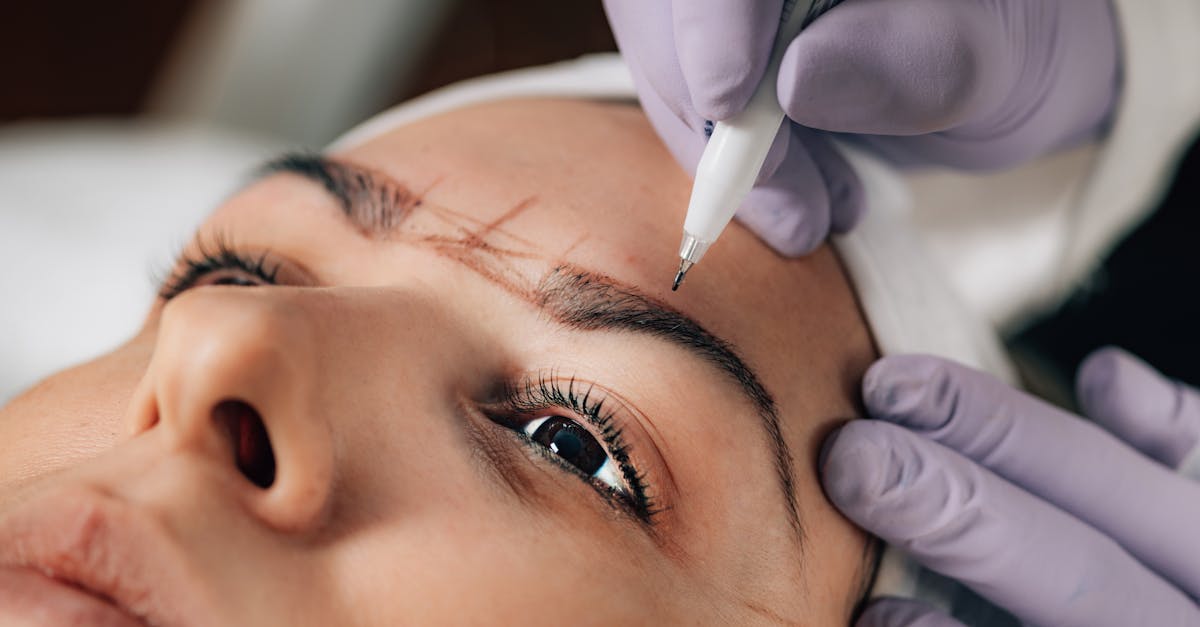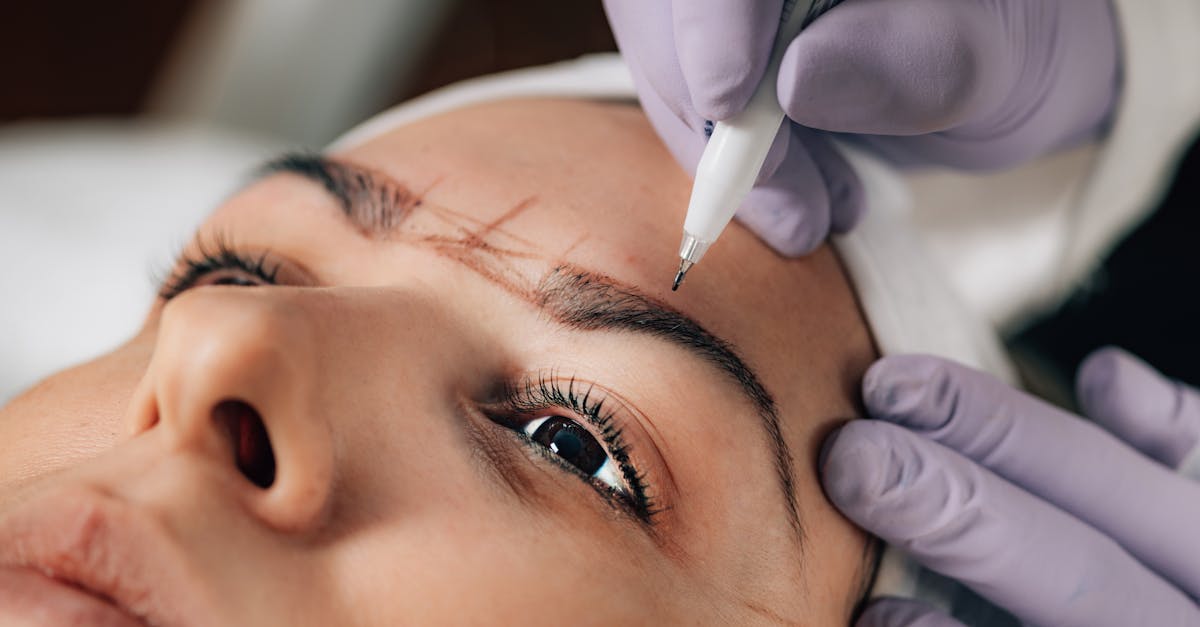- Home
- Top Reads
- Dealing with Reactions: Allergen Management in Microblading
- Preventing and Fixing Pigment Loss in Oily Skin Types
- Troubleshooting Pigment Migration in Microblading
- Correcting Mistakes: When to Revisit the Client for Touch-Ups
- Tips for Repairing Blurred Microblading Lines
- Managing Client Expectations During Microblading Adjustments
- Strategies to Correct Faded Microblading Pigments
- How to Address Color Mismatch in Microblading Sessions
- Solutions for Overlapping Pigment in Microblading
- Identifying and Fixing Uneven Microblading Strokes
- When to Refrain from Makeup After Microblading
- Preventing Fading: Factors to Consider in Aftercare
- The Role of Hydration in Microblading Aftercare
- Understanding Scabbing and Healing After Microblading
- How to Cleanse the Microbladed Area Without Harm
- Recommended Products for Microblading Aftercare Success
- Avoiding Sun Exposure: Key to Preserving Microblading Color
- The Importance of Moisturization in Microblading Aftercare
- Top Tips for Maintaining Microblading Results Post-Treatment
- Essential Aftercare for Microblading to Enhance Pigment Retention
- Creating Texture: Innovative Approaches to Stroke Variation
- Rhythm and Flow: Developing a Natural Stroke Pattern
- Integrating Brow Design and Stroke Technique for Seamless Results
- Troubleshooting Uneven Strokes: Tips for Consistency
- The Importance of Stroke Direction in Enhancing Natural Aesthetics
- Precise Angles: Essential for Natural-Looking Microblading
- Recognizing Signs of Tool Wear and When to Replace
- Tools of the Trade: Choosing Instruments for Stroke Perfection
- Layering Techniques for Depth in Microblading Strokes
- Mastering Feather Stroke Techniques for Microblading Success
- Achieving a Soft Look with Hair Simulation Strokes
- Common Mistakes in Tool Usage and How to Avoid Them
- Upgrades in Microblading Tool Technology for Professionals
- Sterilization Techniques for Safe Microblading Practices
- Comparing Different Types of Microblading Hand Tools
- The Importance of Quality in Microblading Tool Selection
- How to Properly Store Microblading Tools for Longevity
- Essential Cleaning Protocols for Microblading Equipment
- Maintenance Tips for Microblading Blades to Ensure Precision
- Using Serums and Moisturizers Pre-Microblading
- Choosing the Right Microblading Tools for Optimal Results
- Skin Sensitivity Testing Before Microblading Procedures
- Customizing Skin Preparation Based on Client Needs
- Hydration Strategies for Smoother Microblading Application
- The Role of pH Balancing in Skin Preparation
- The Impact of Sunscreen on Microblading Adhesion
- Techniques for Exfoliating Skin Prior to Microblading
- Assessing Skin Type for Tailored Microblading Preparation
- The Importance of Skin Cleansing Before Microblading
- Preparing Oily Skin for Optimal Microblading Results
- Understanding Health Protocols in Microblading Studios
- Environmental Considerations for Safe Microblading Disposal
- Essential Guidelines for Client Aftercare Post-Microblading
- Developing a Comprehensive Microblading Safety Checklist
- Recommended Tools for Safe Microblading Practice
- Best Practices for Skin Sanitation Before Microblading
- Techniques for Minimizing Cross-Contamination in Pigment Application
- Understanding Environmental Regulations Affecting Microblading Studios
- Utilizing Personal Protective Equipment in Microblading
- Safe Disposal Methods for Microblading Waste
- Ensuring Sterility During Microblading Procedures
- Strategies for Reducing Environmental Harm from Microblading
- Water-Soluble Pigments: A Greener Alternative for Microblading
- The Impact of Microblading Waste on Landfills
- Evaluating the Carbon Emissions of Microblading Supplies
- Regulatory Considerations for Eco-Friendly Microblading Products
- Innovative Biodegradable Pigments for Microblading
- The Role of Microblading Pigments in Environmental Pollution
- Sustainable Sourcing Practices for Microblading Ingredients
- Assessing the Ecological Footprint of Microblading Pigments
- The Role of Certifications in Microblading Pigment Labeling
- Navigating Labeling Standards for Vegan Microblading Pigments
- Consumer Awareness: What to Look for on Microblading Pigment Labels
- Compliance with State Regulations for Microblading Pigment Labels
- How to Interpret Microblading Pigment Labels Effectively
- Best Practices for Developing Clear Labels for Pigment Products
- Labeling Innovations in the Microblading Industry
- Legal Implications of Mislabeling Microblading Pigments
- Key Information That Must Appear on Microblading Pigment Labels
- Understanding the Importance of Accurate Labeling in Microblading Pigments
- Latest Research on Allergens in Cosmetic Pigments
- The Impact of Allergens on Client Satisfaction in Microblading
- Ingredient Transparency: Understanding Allergens in Pigment Labels
- Overview of Allergic Reactions Associated with Microblading
- Strategies for Avoiding Allergens in Microblading Procedures
- Legal Responsibilities Regarding Allergens in Microblading Pigments
- Client Consultation on Allergens Before Microblading Treatments
- The Role of Patch Testing in Preventing Allergic Reactions
- Identifying Common Allergens Found in Microblading Pigments
- Assessing the Safety of Microblading Pigments for Sensitive Skin
- A Guide to Reporting Adverse Reactions Under FDA Guidelines
- How to Interpret FDA Warnings Related to Microblading Pigments
- Recent Changes in FDA Guidelines for Cosmetic Pigments
- The Impact of FDA Regulations on Microblading Professionals
- Investigating the Safety Testing of Microblading Pigments
- Common Misconceptions About FDA Regulations for Pigments
- Navigating Compliance with FDA Labeling Requirements
- The Process of FDA Approval for Microblading Pigments
- Understanding the Role of the FDA in Microblading Pigment Regulation
- Key FDA Standards for Safe Microblading Practices
- The Role of pH in Custom Microblading Pigment Stability
- Troubleshooting Color Issues in Custom Microblading Blends
- How to Achieve Consistency in Custom Microblading Pigments
- Customizing Microblading Pigments for Diverse Skin Tones
- Step-by-Step Guide to Crafting Your Own Microblading Pigment
- Key Ingredients for Effective Custom Microblading Pigment Blends
- Exploring Trends in Customizable Microblading Pigment Formulations
- Techniques for Achieving Custom Color Depth in Microblading
- Innovations in Color-Fade Resistance: What’s New in Pigments
- Expert Tips for Achieving Long-Lasting Microblading Results
- The Art of Mixing Custom Microblading Pigment Shades
- Consumer Choices: Popular Brands with High Color-Fade Resistance
- Benefits of Creating Personalized Microblading Blends
- How Environmental Factors Influence Color-Fade in Pigments
- The Science Behind Color Stability in Microblading Products
- Evaluating the Performance of Microblading Pigments Over Time
- Best Practices for Selecting Color-Fade Resistant Pigments
- Comparing the Color-Fade Resistance of Organic and Inorganic Pigments
- Factors Affecting the Longevity of Microblading Pigment Color
- Understanding Color-Fade Resistance in Microblading Pigments
- Safety Profiles of Popular Vegan Microblading Pigments
- Eco-Friendly Practices in Vegan Microblading Pigment Production
- Addressing Myths About Vegan Microblading Pigments
- Customizing Shades with Vegan Microblading Pigments
- Performance Review: Vegan Microblading Pigments vs Traditional Ones
- Vegan Microblading Pigments: A Guide to Color Options
- The Science Behind Plant-Based Microblading Pigments
- How to Identify Vegan Ingredients in Microblading Pigments
- Top Vegan Microblading Pigment Brands to Consider
- Understanding the Benefits of Vegan Microblading Pigments
- Case Studies on Inorganic Pigment Reactions in Microblading
- Inorganic Pigments and Skin Compatibility: What to Know
- Effects of pH on Inorganic Microblading Pigments
- Innovations in Inorganic Microblading Pigment Formulation
- Popular Inorganic Pigment Brands and Their Offerings
- Comparisons Between Inorganic and Organic Microblading Pigments
- Stability and Longevity of Inorganic Microblading Pigments
- Advantages of Using Inorganic Pigments in Microblading
- Color Range and Variability in Inorganic Microblading Pigments
- Understanding the Composition of Inorganic Microblading Pigments
- Safety Considerations When Using Organic Pigments
- The Process of Creating Organic Microblading Pigments
- Myths and Facts About Organic Pigments in Microblading
- Top Brands for Organic Microblading Pigments
- The Impact of Organic Pigments on Skin Types
- Enhancing Longevity with Organic Microblading Techniques
- Evaluating Color Options in Organic Microblading Pigments
- The Role of Natural Ingredients in Organic Pigments
- How Organic Pigments Enhance Brow Definition
- Understanding the Benefits of Organic Microblading Pigments
